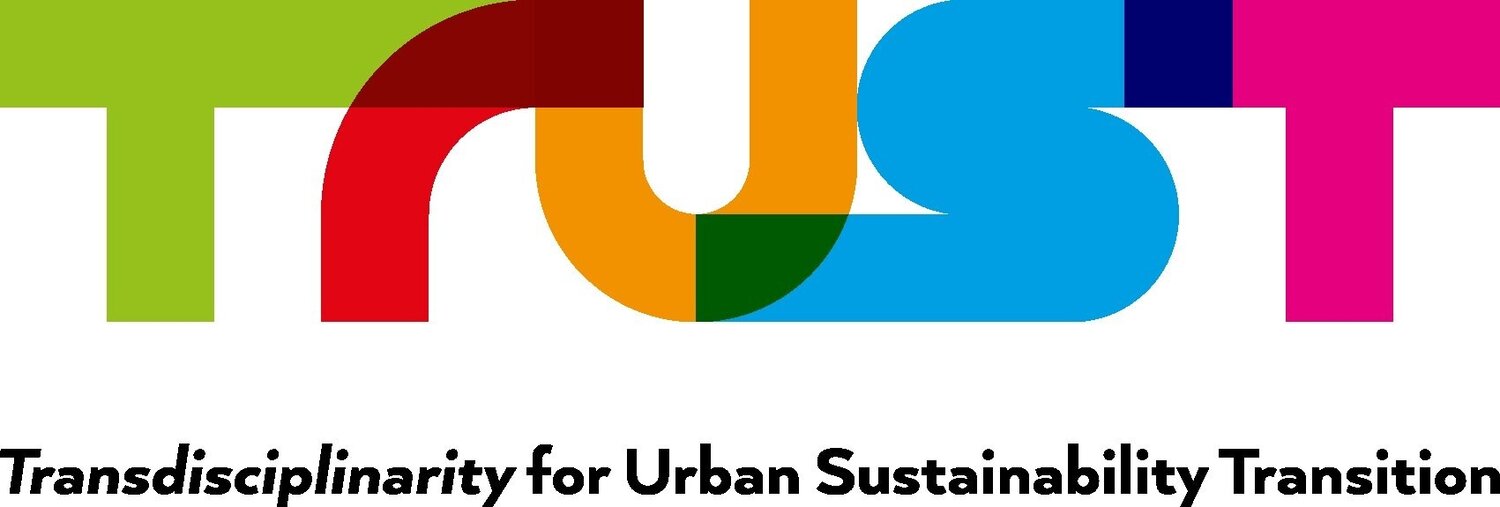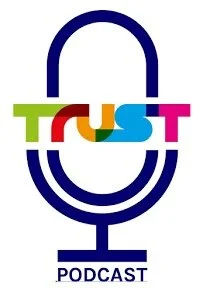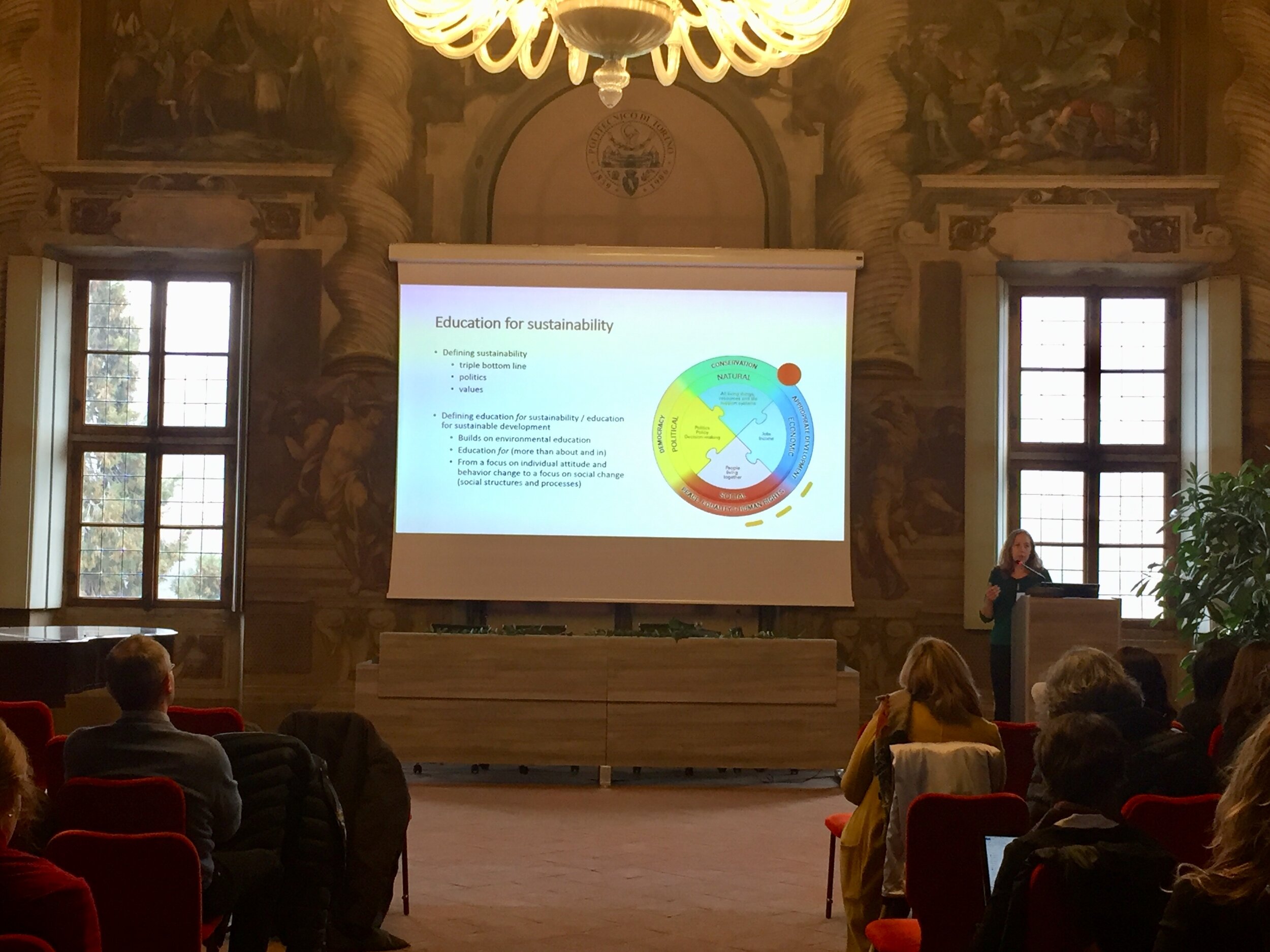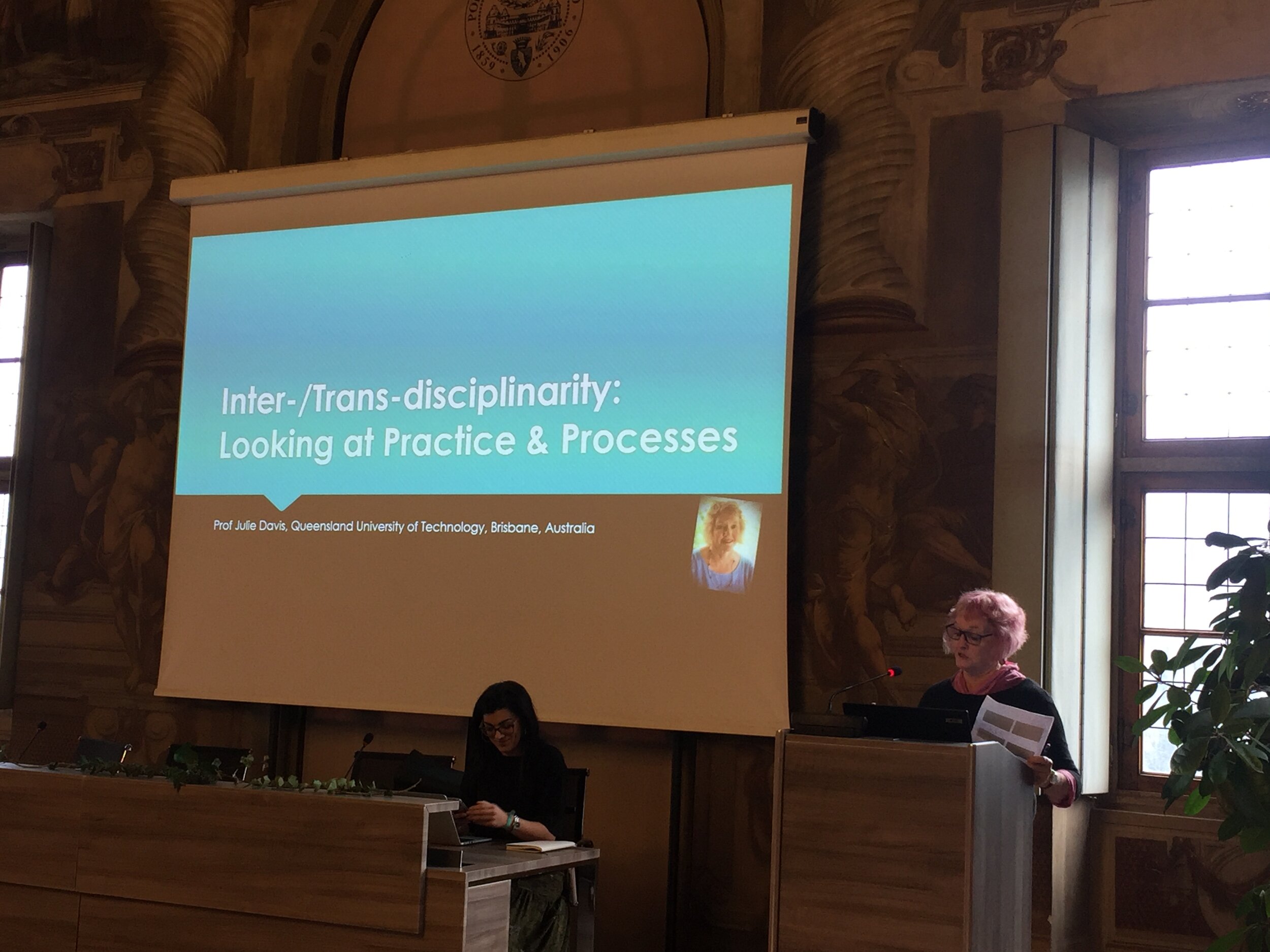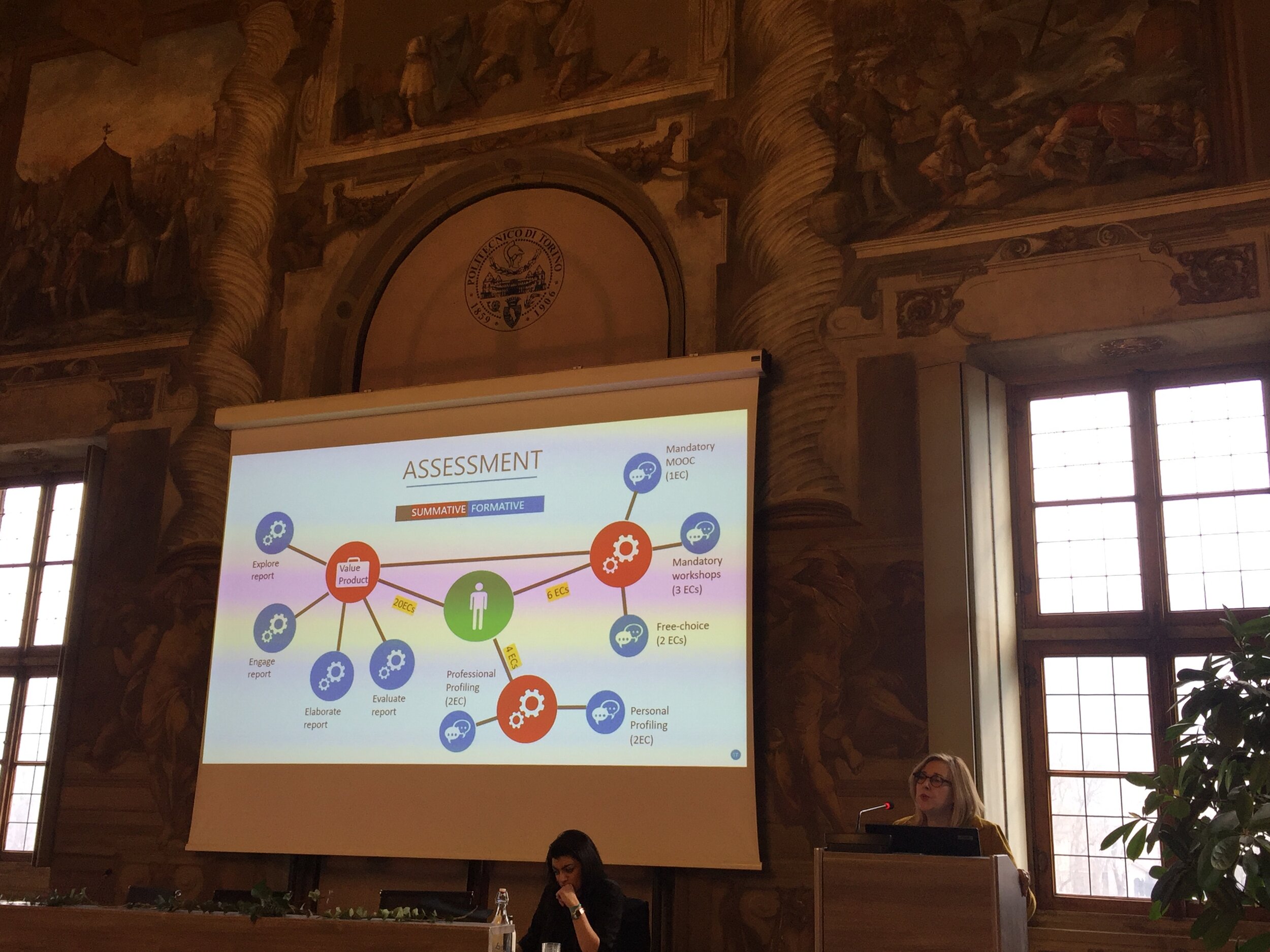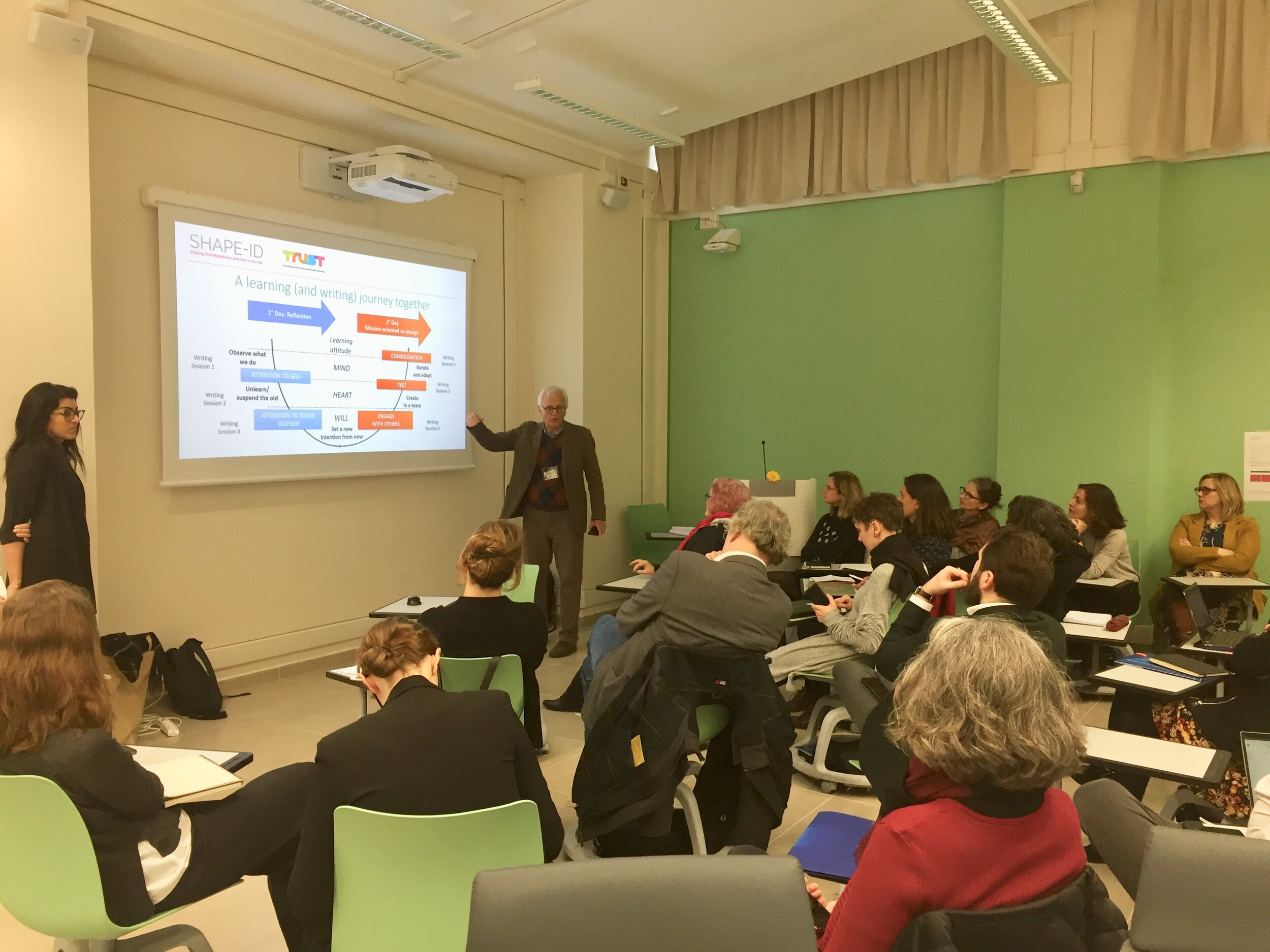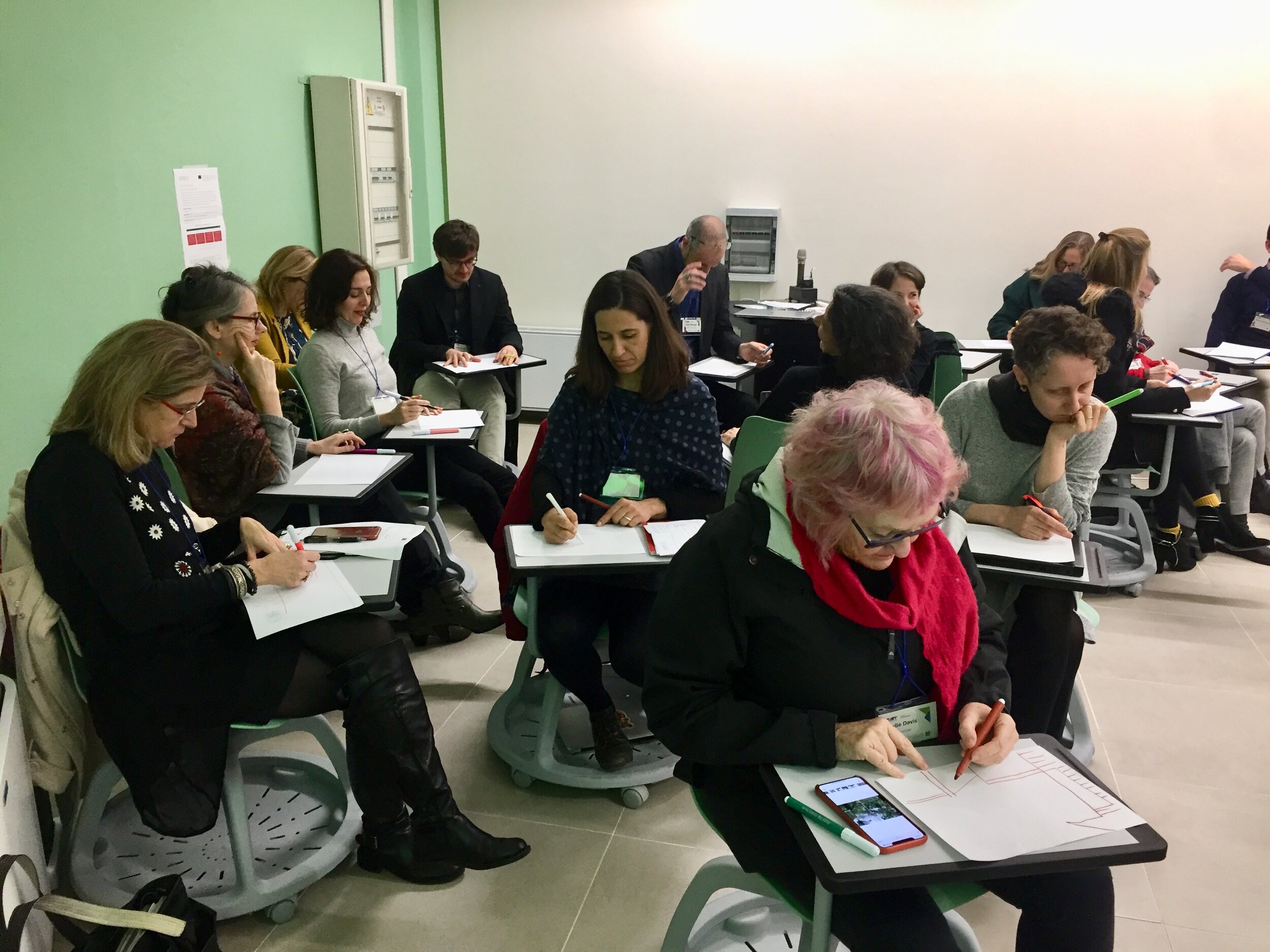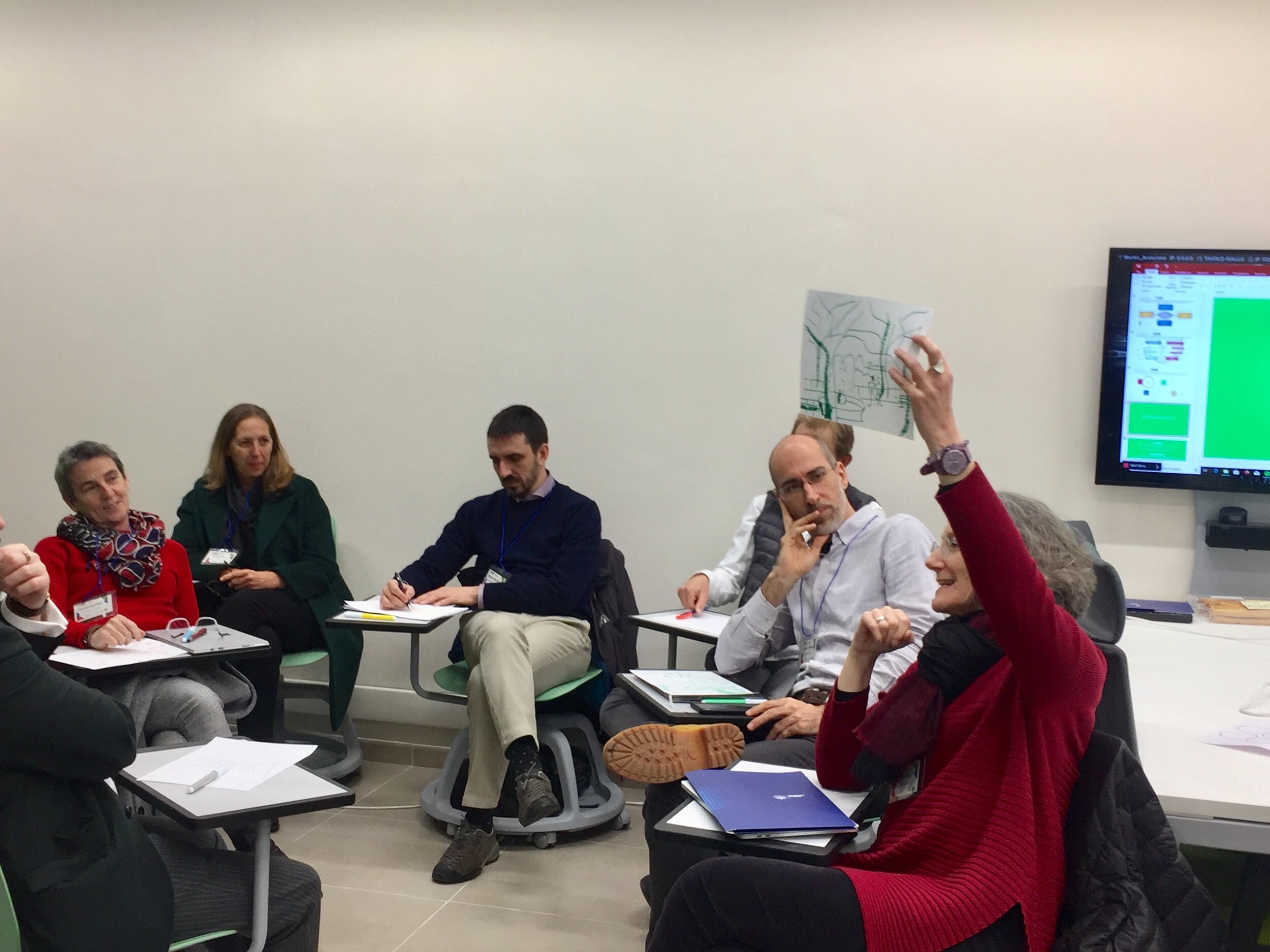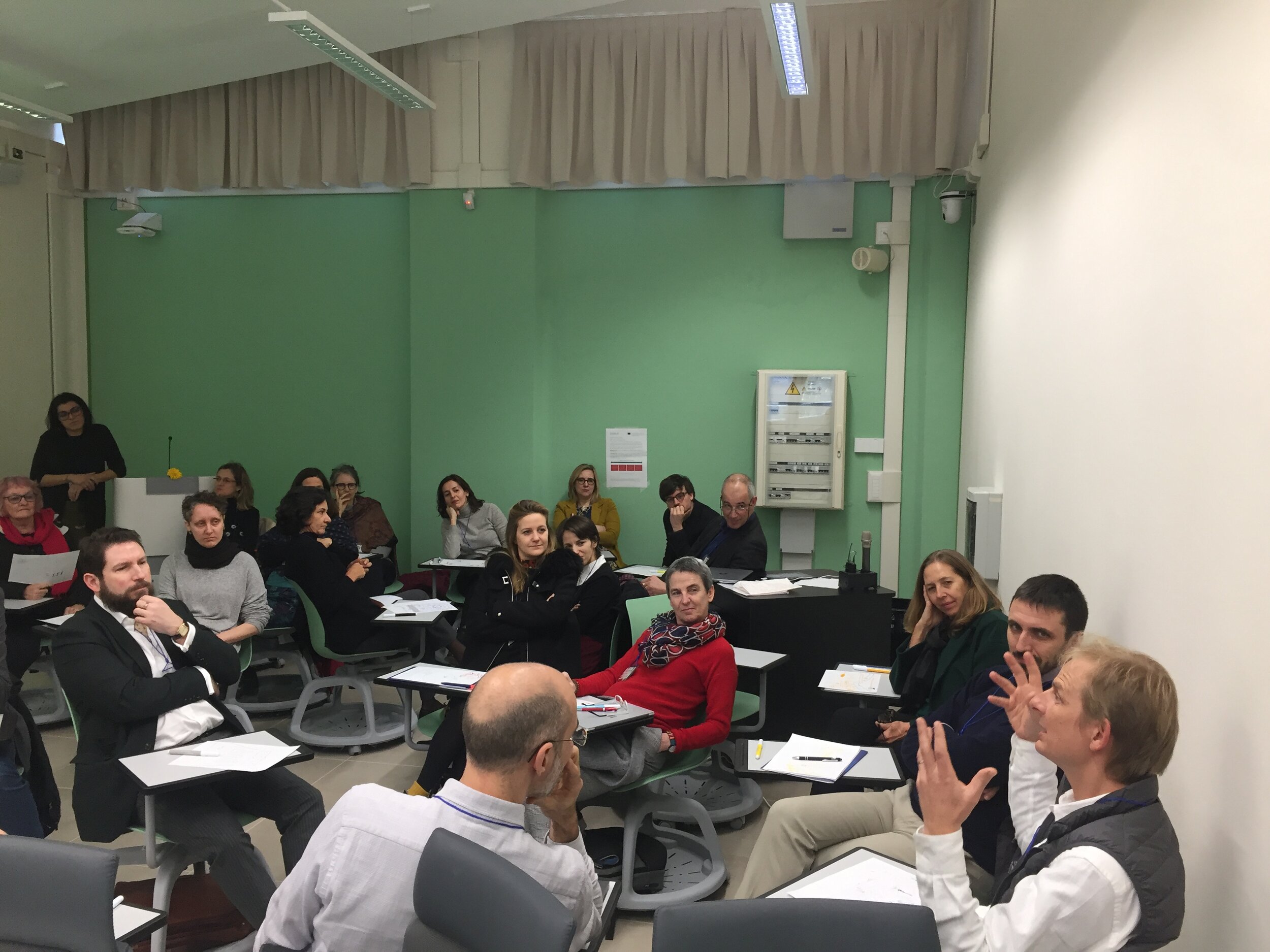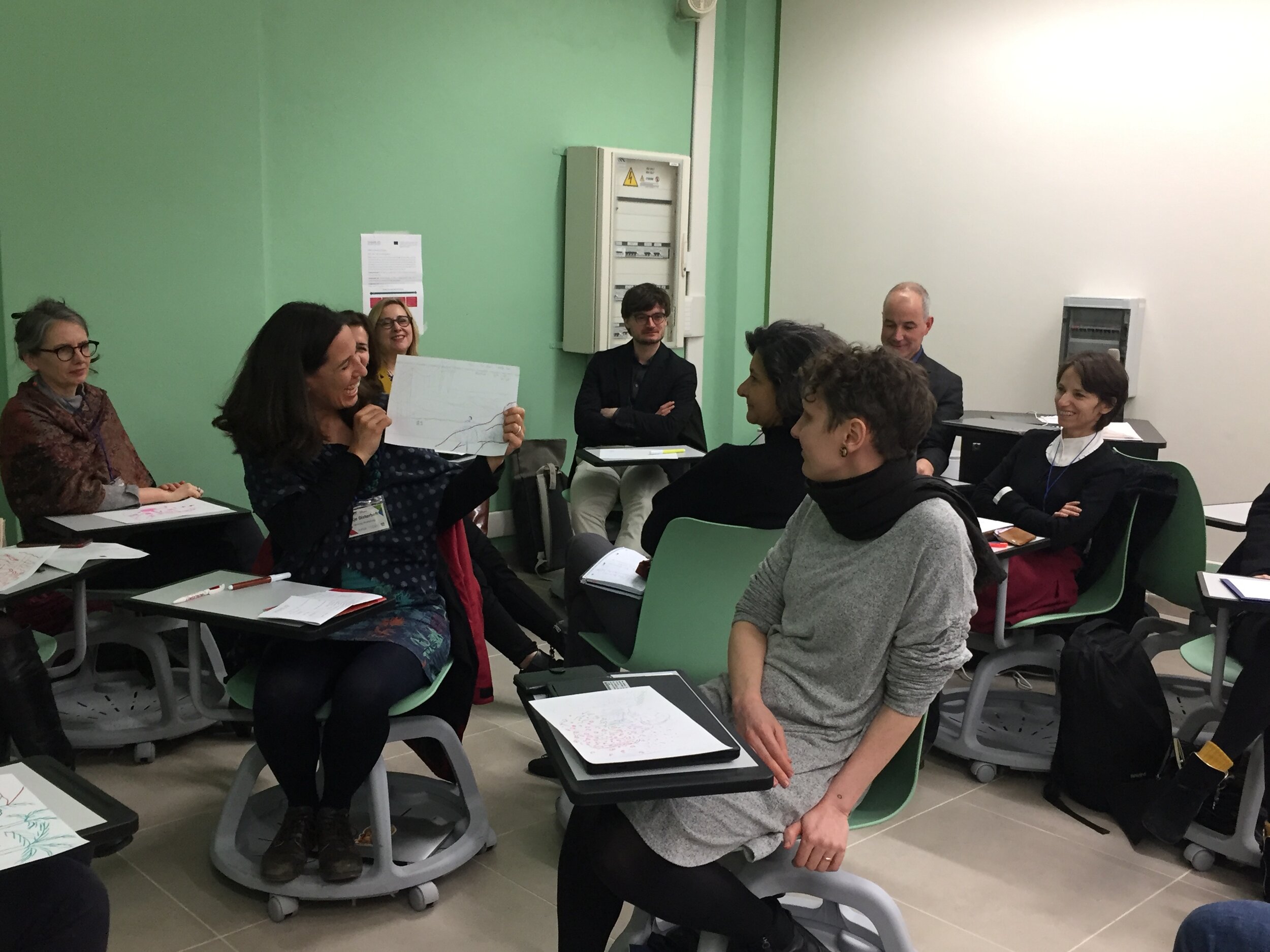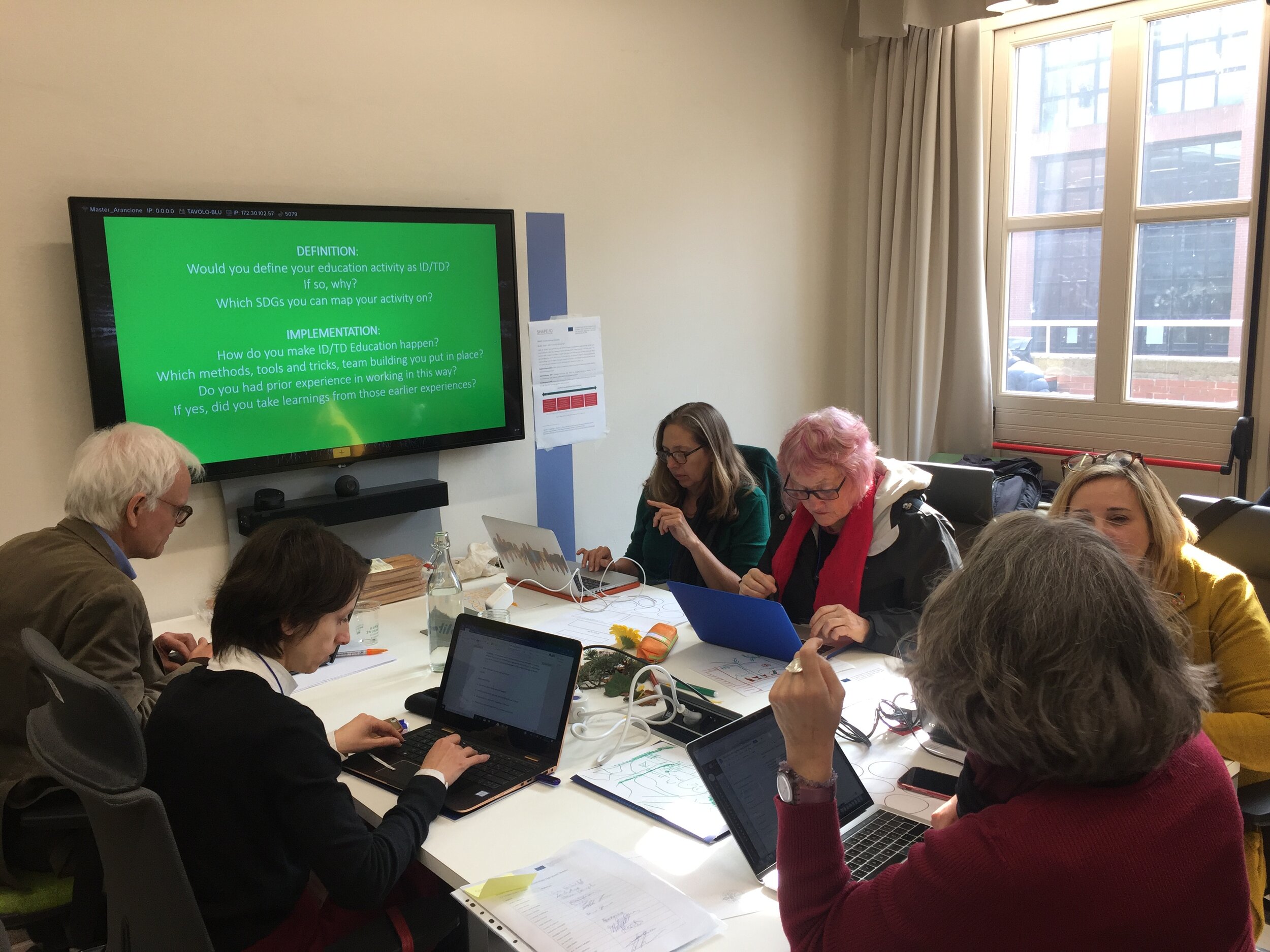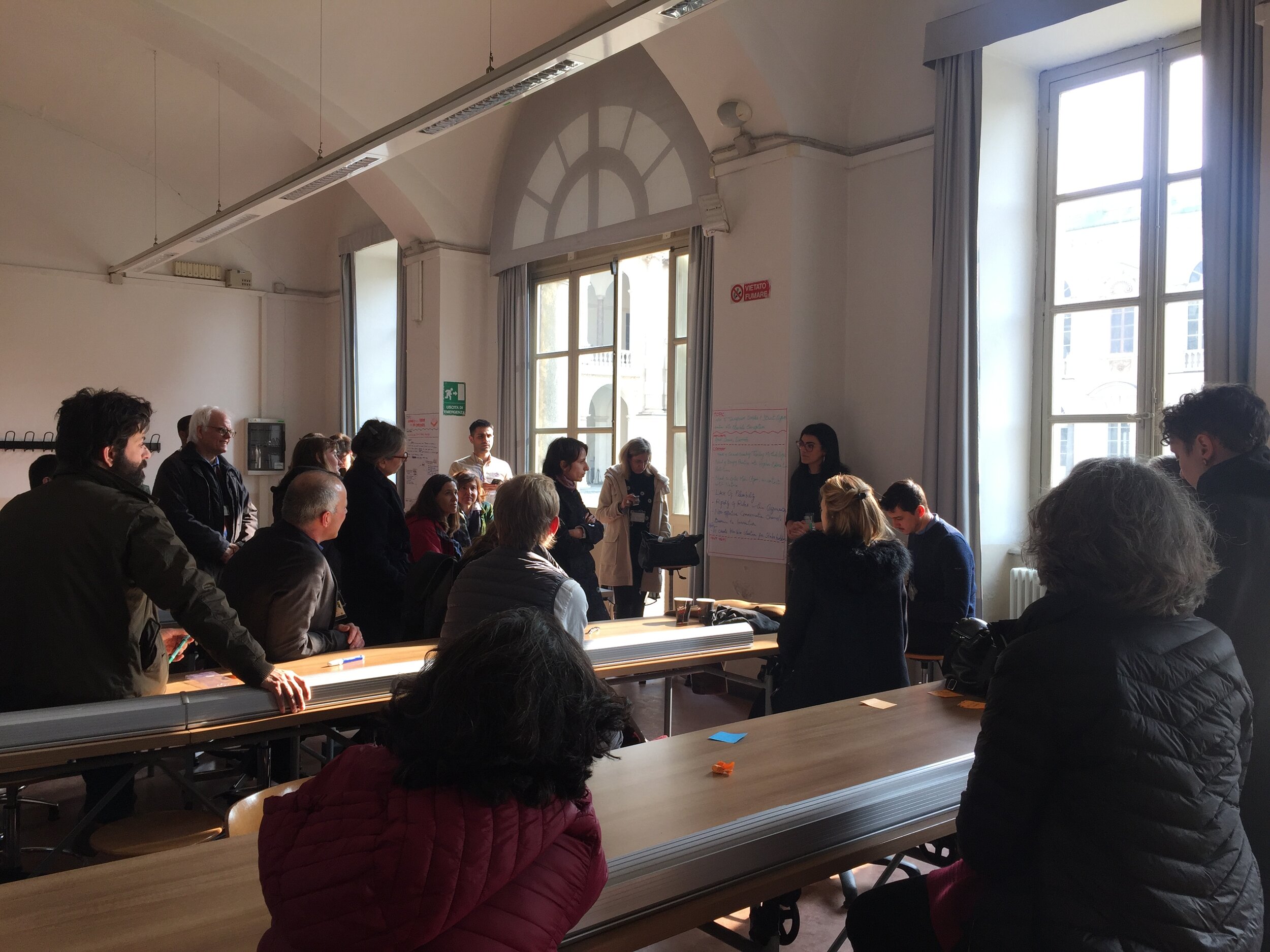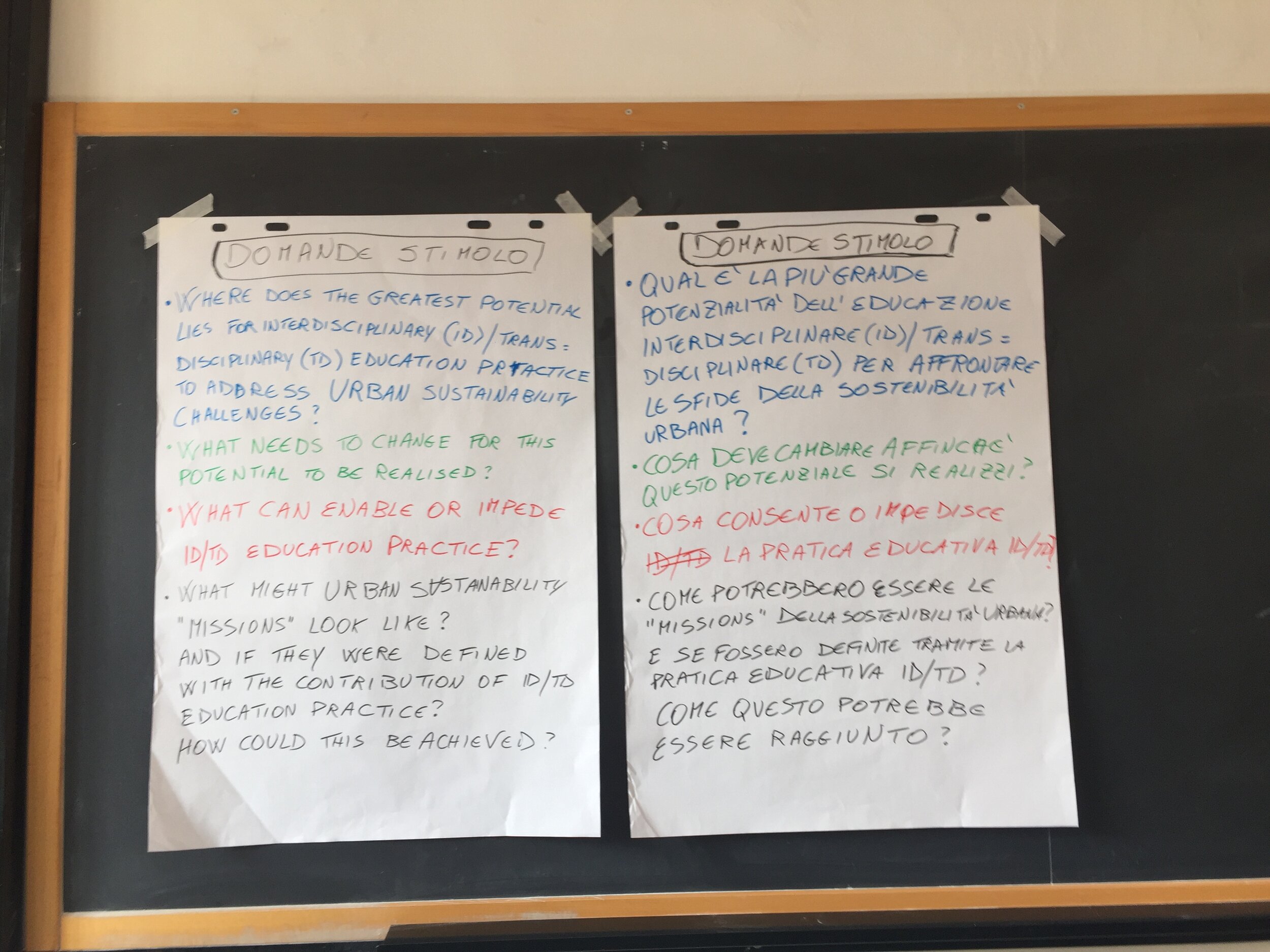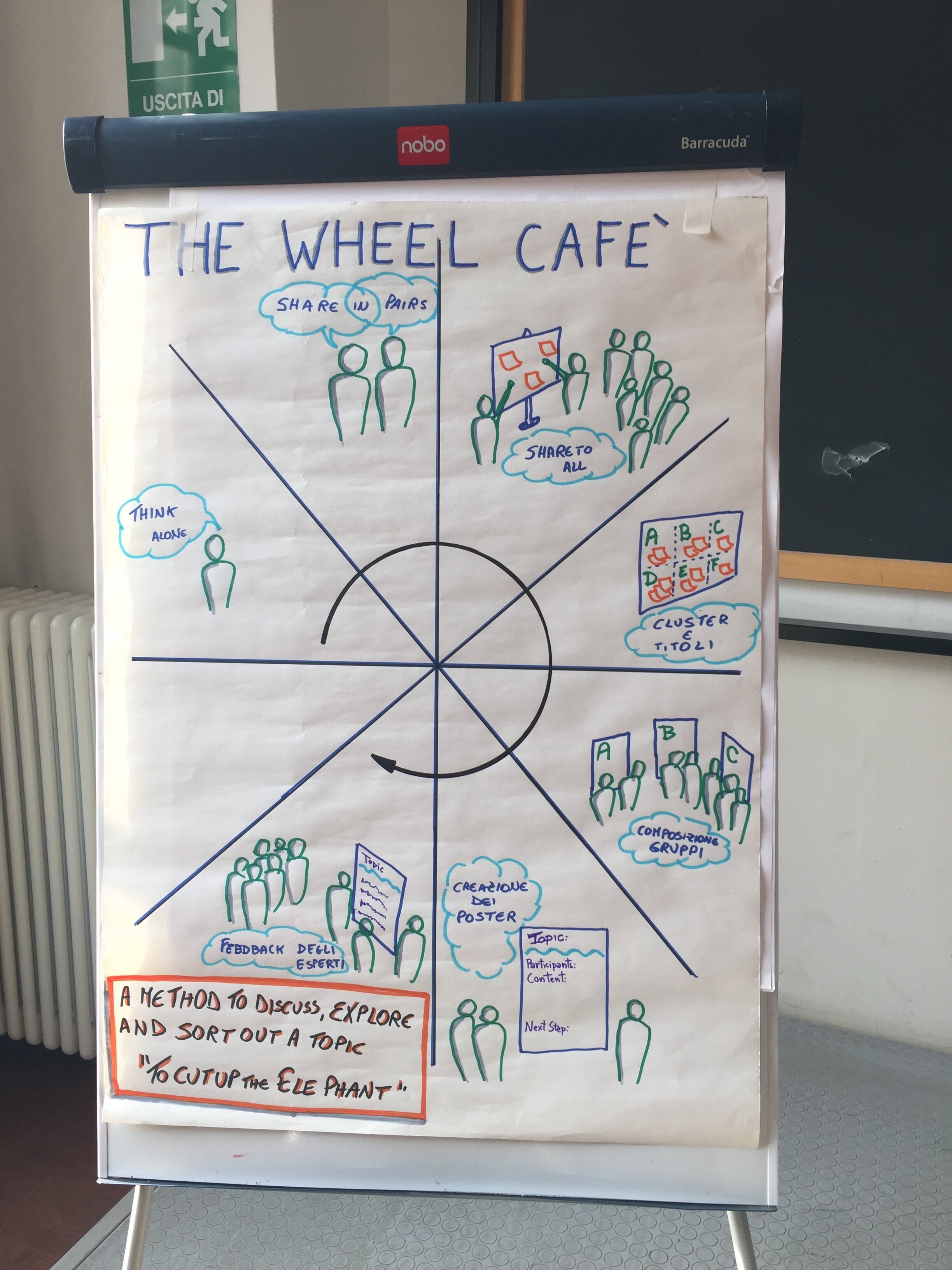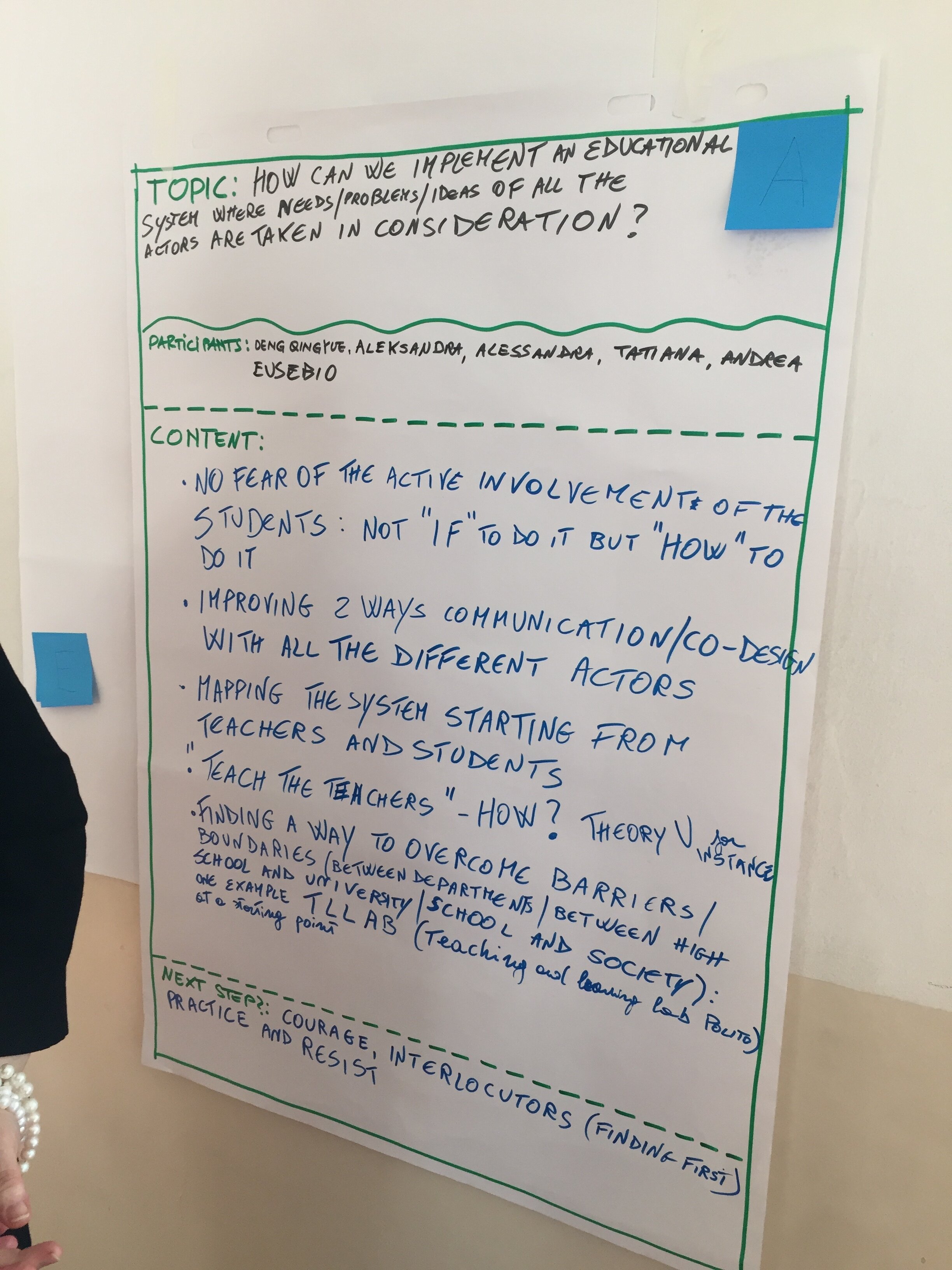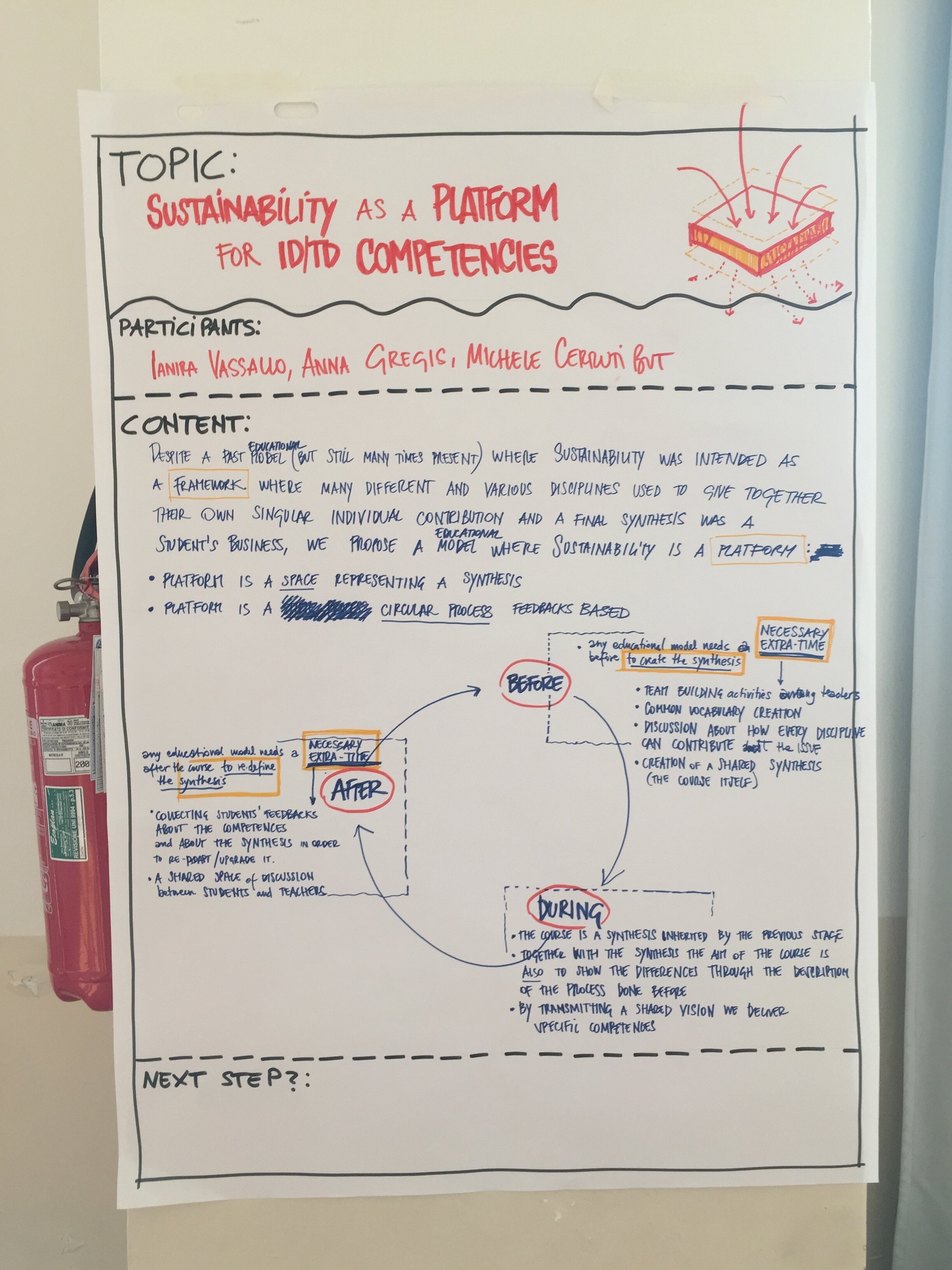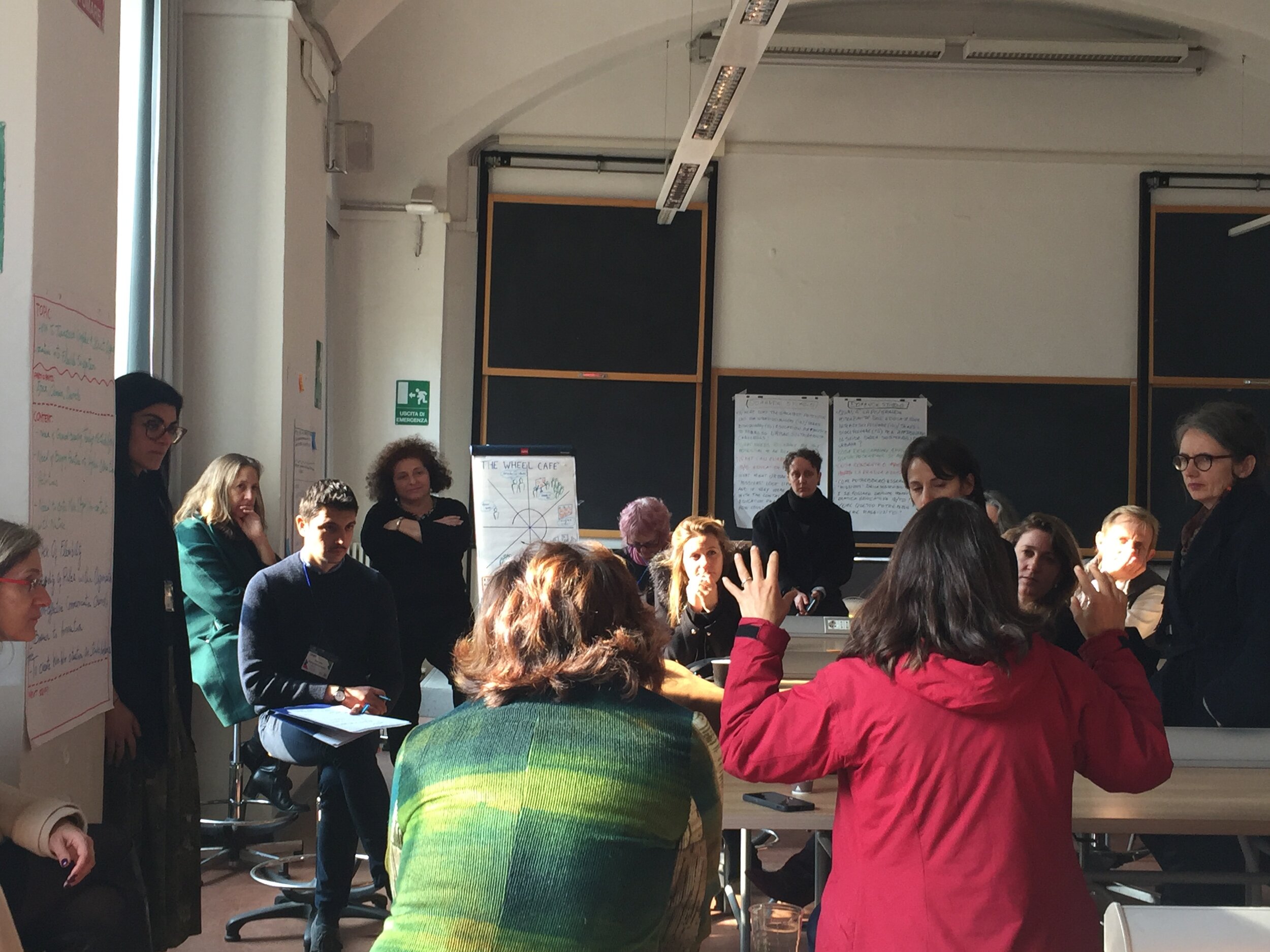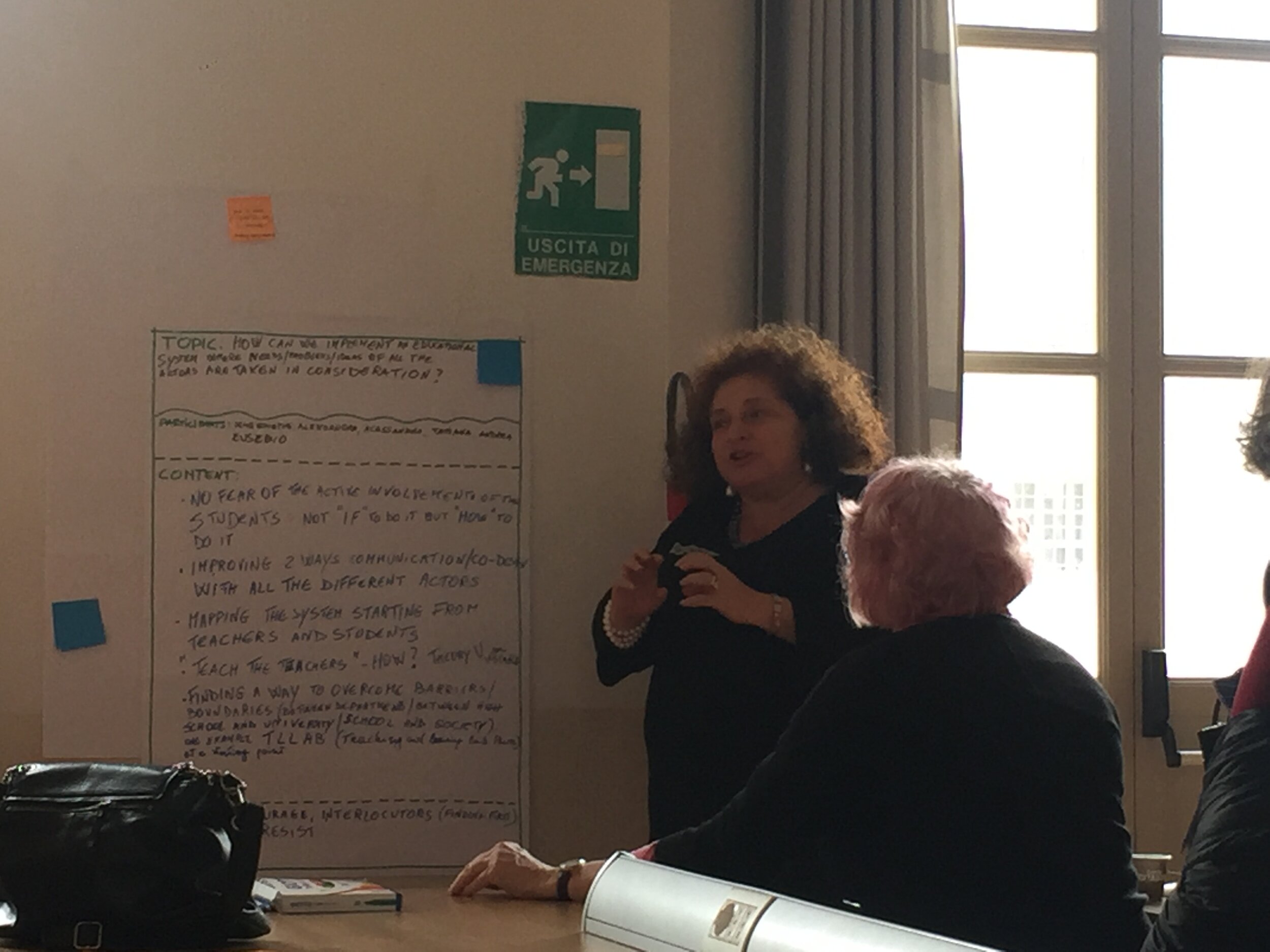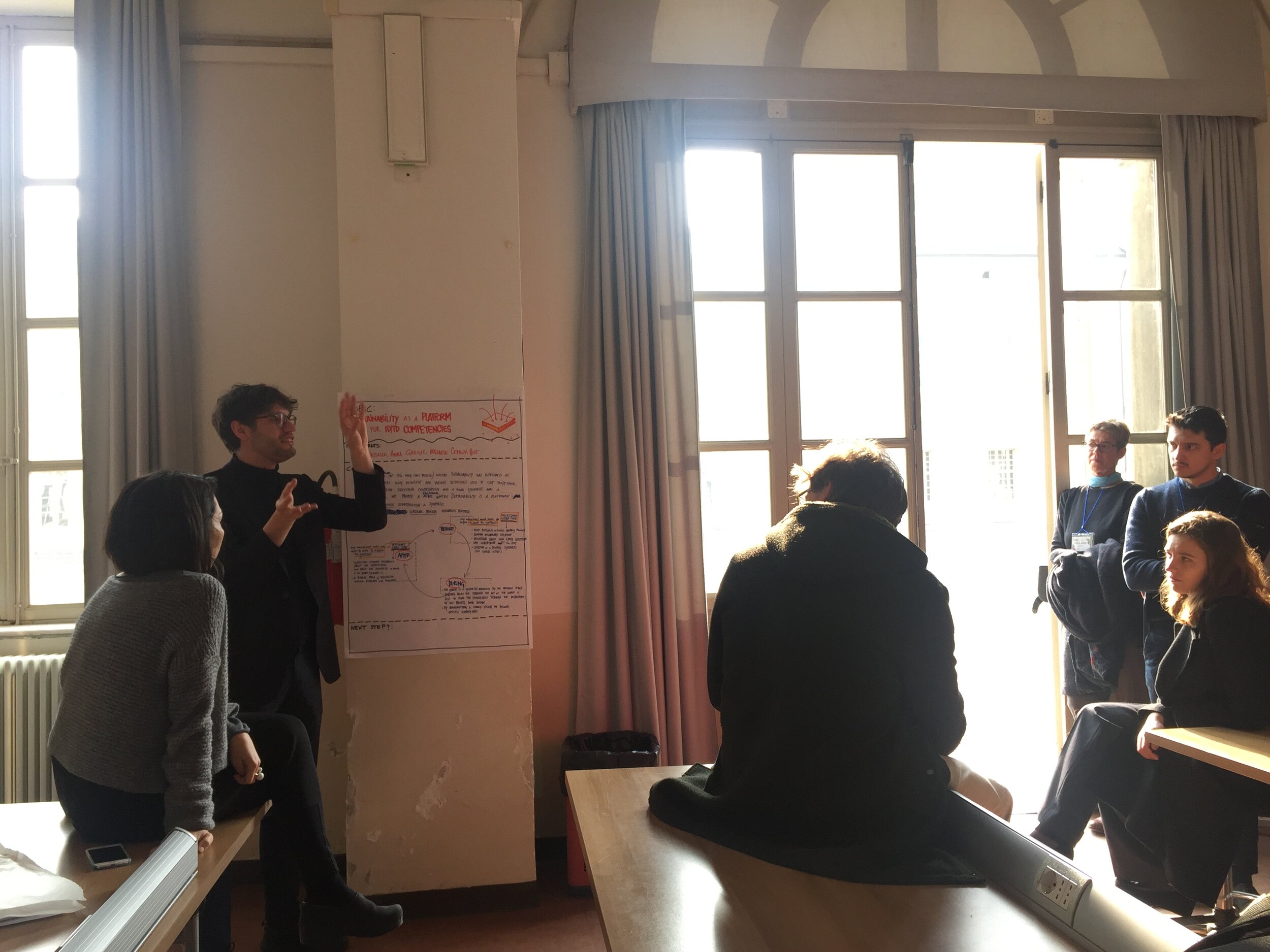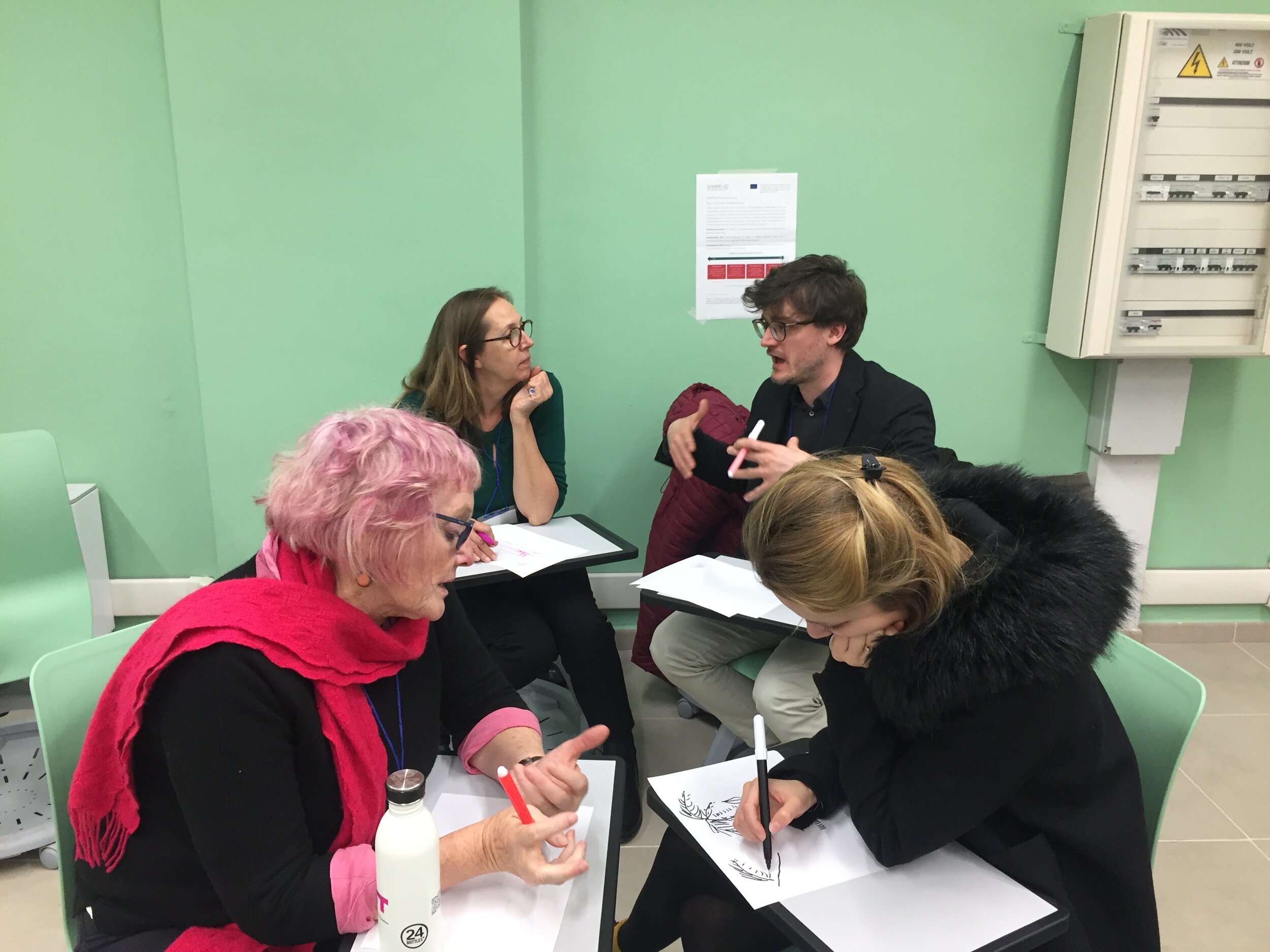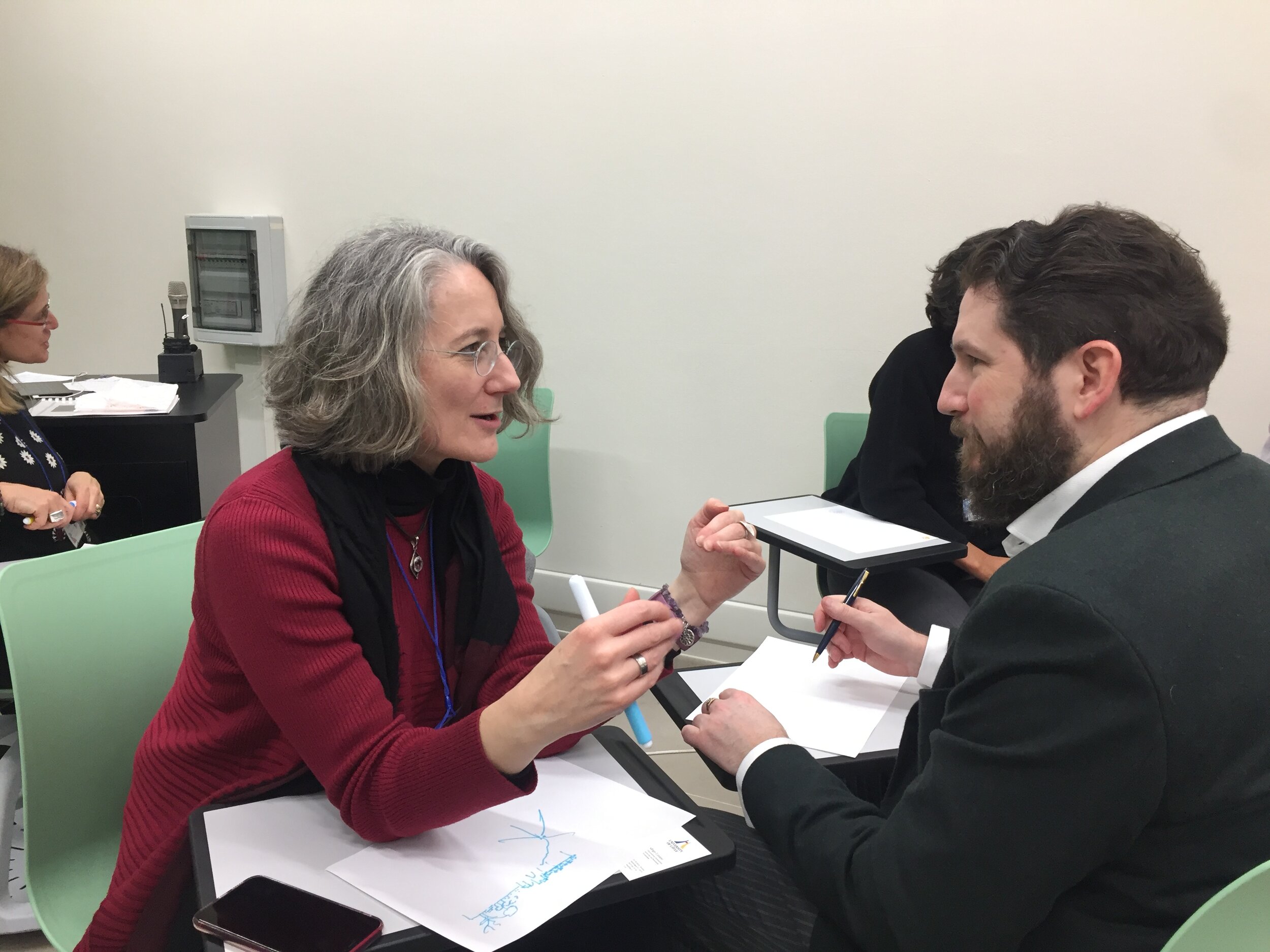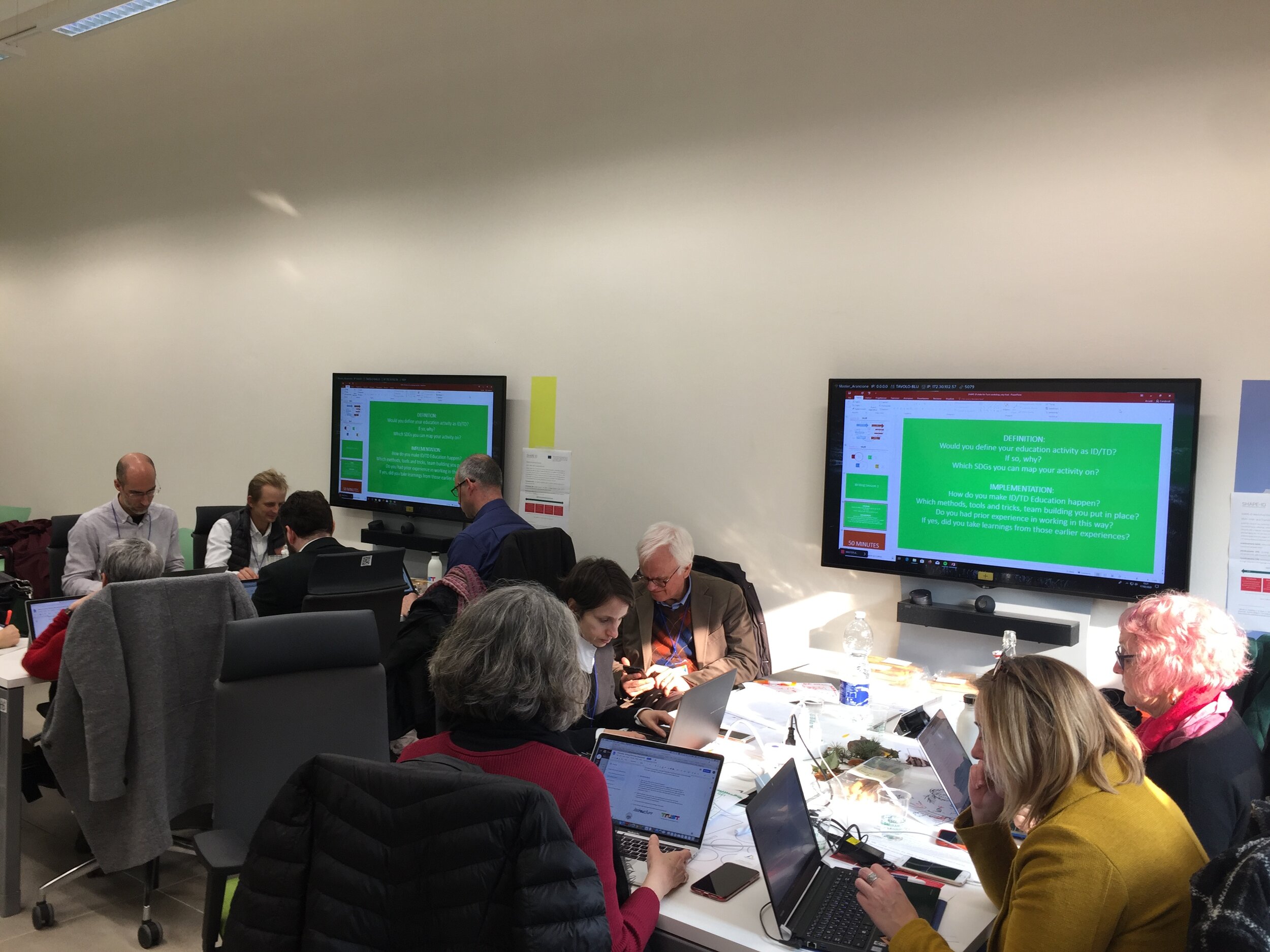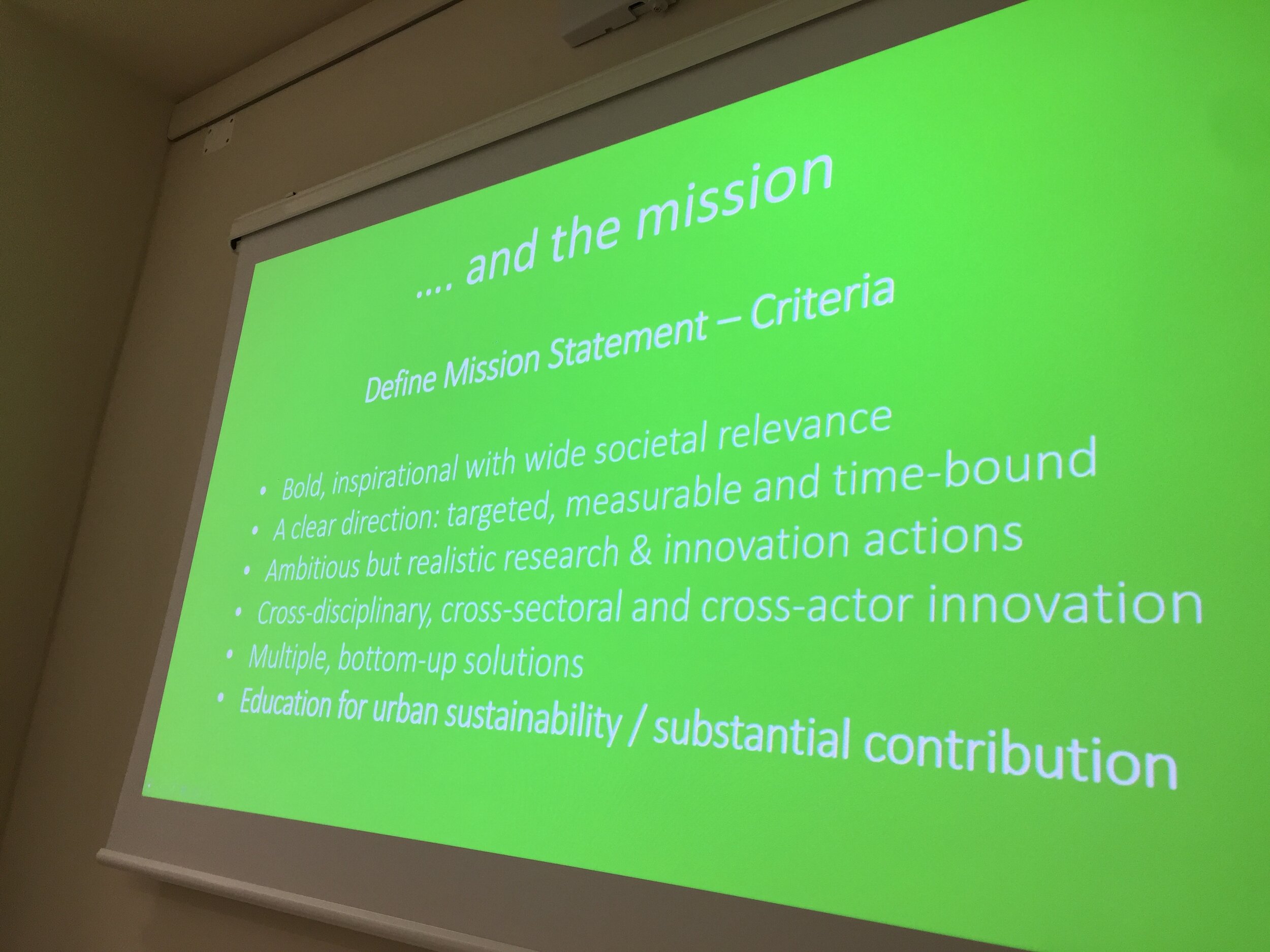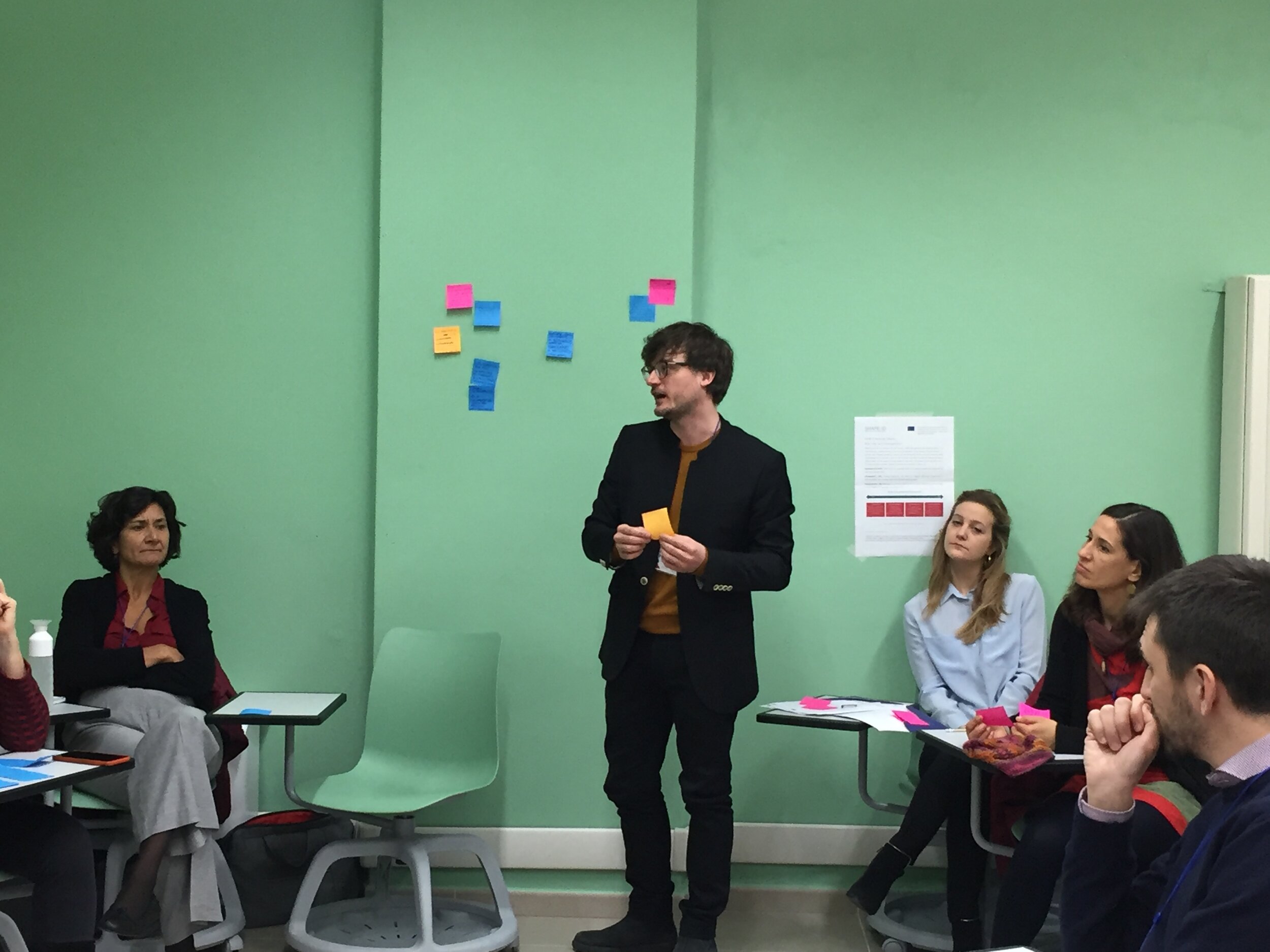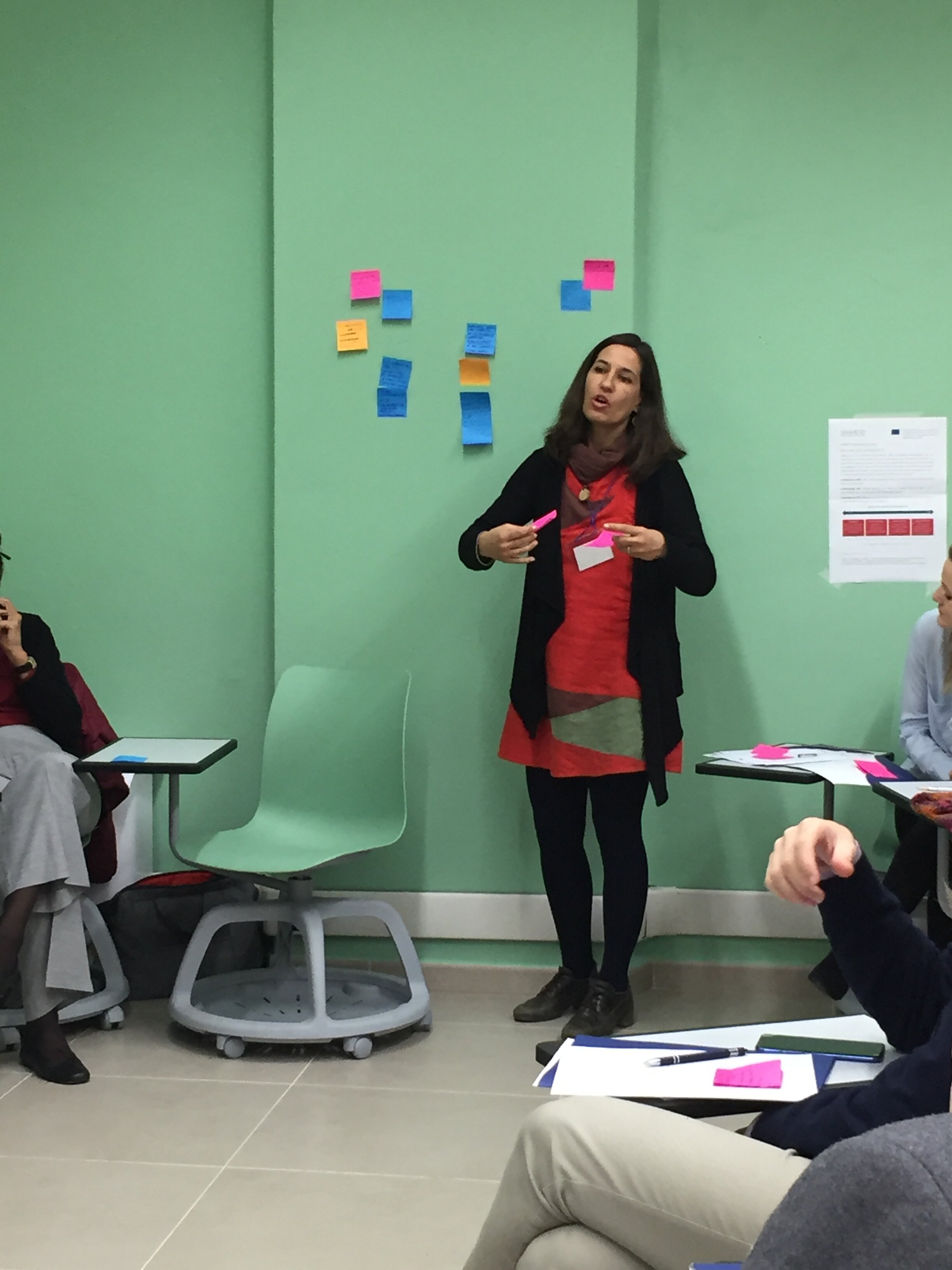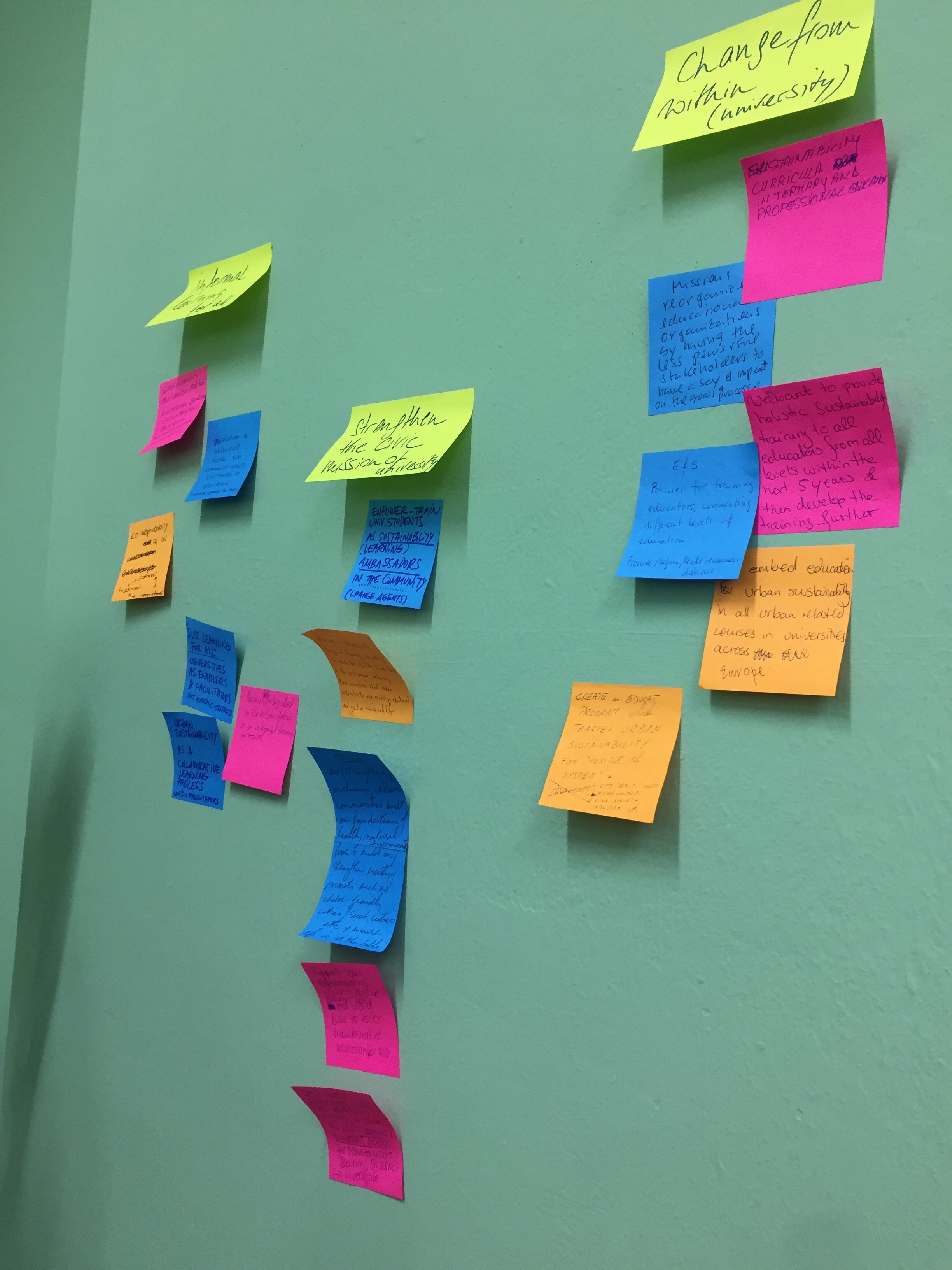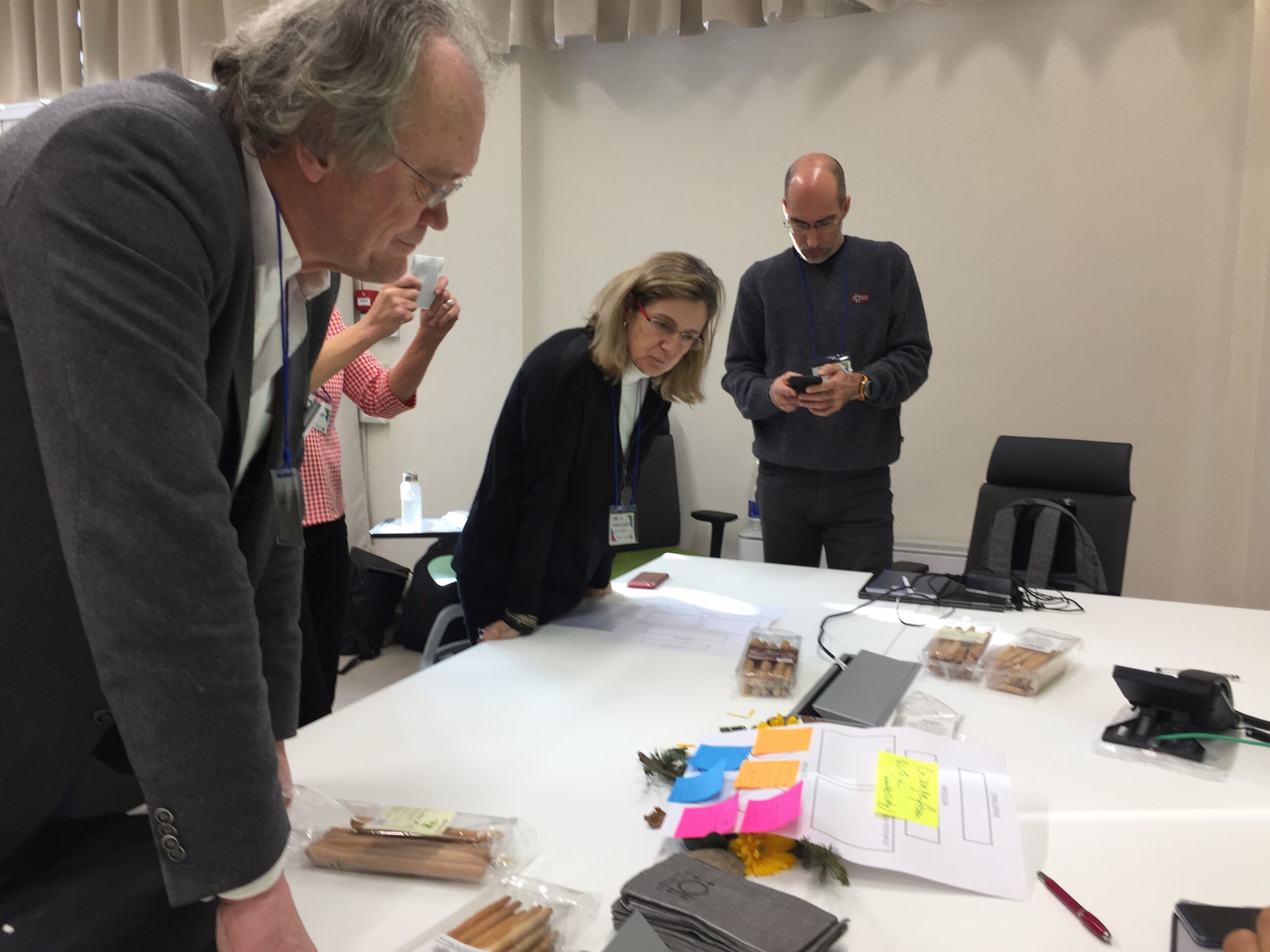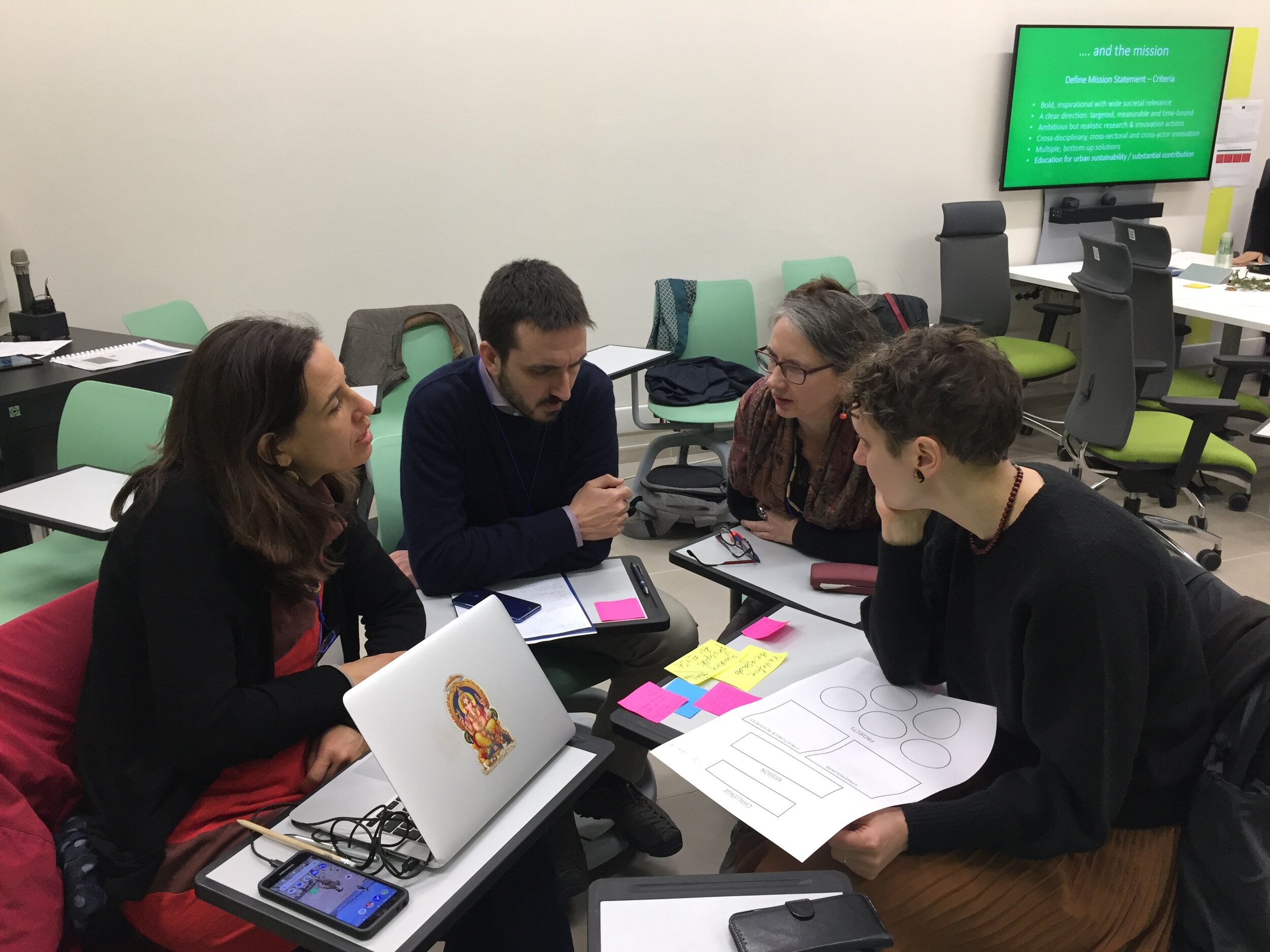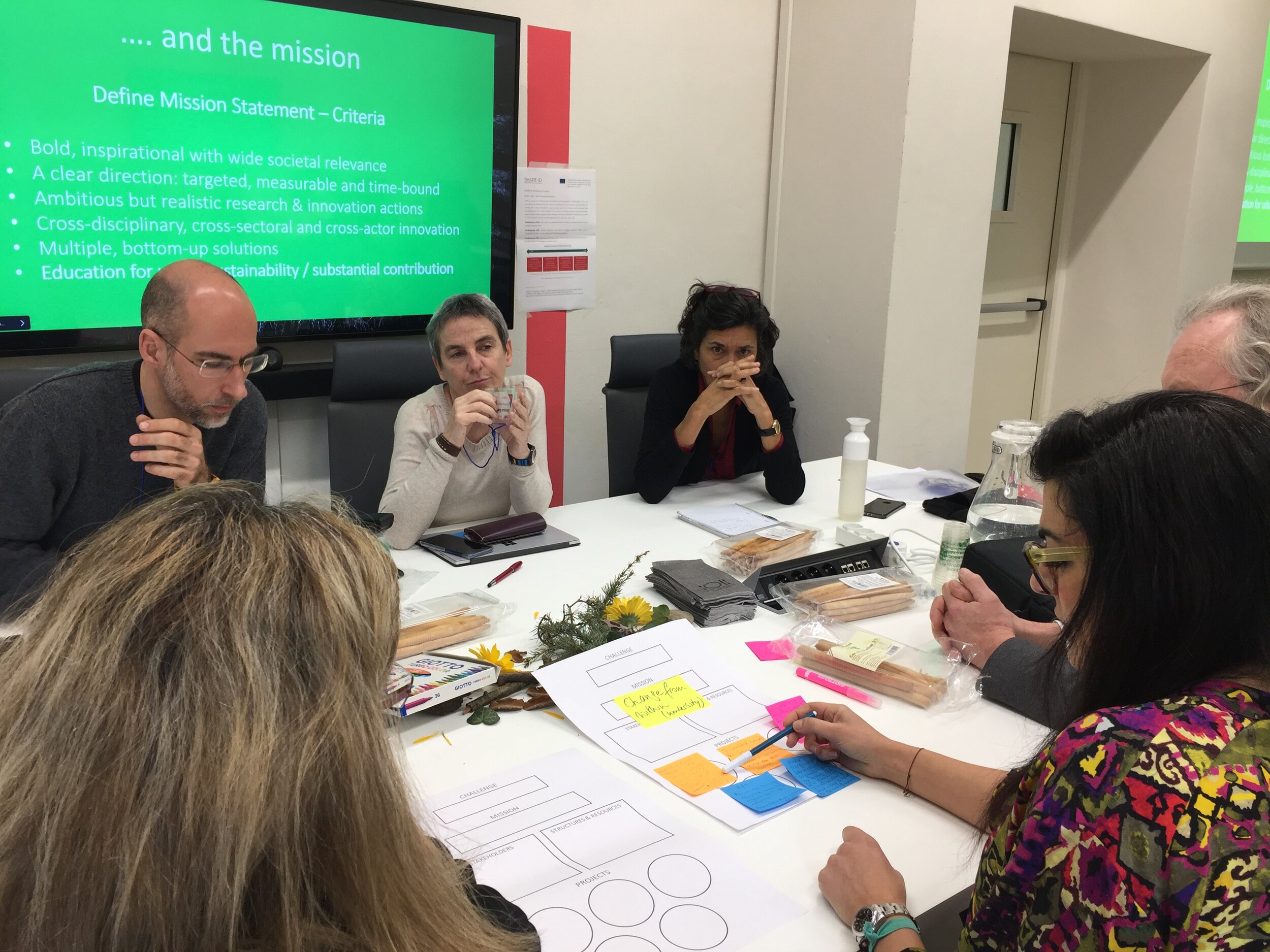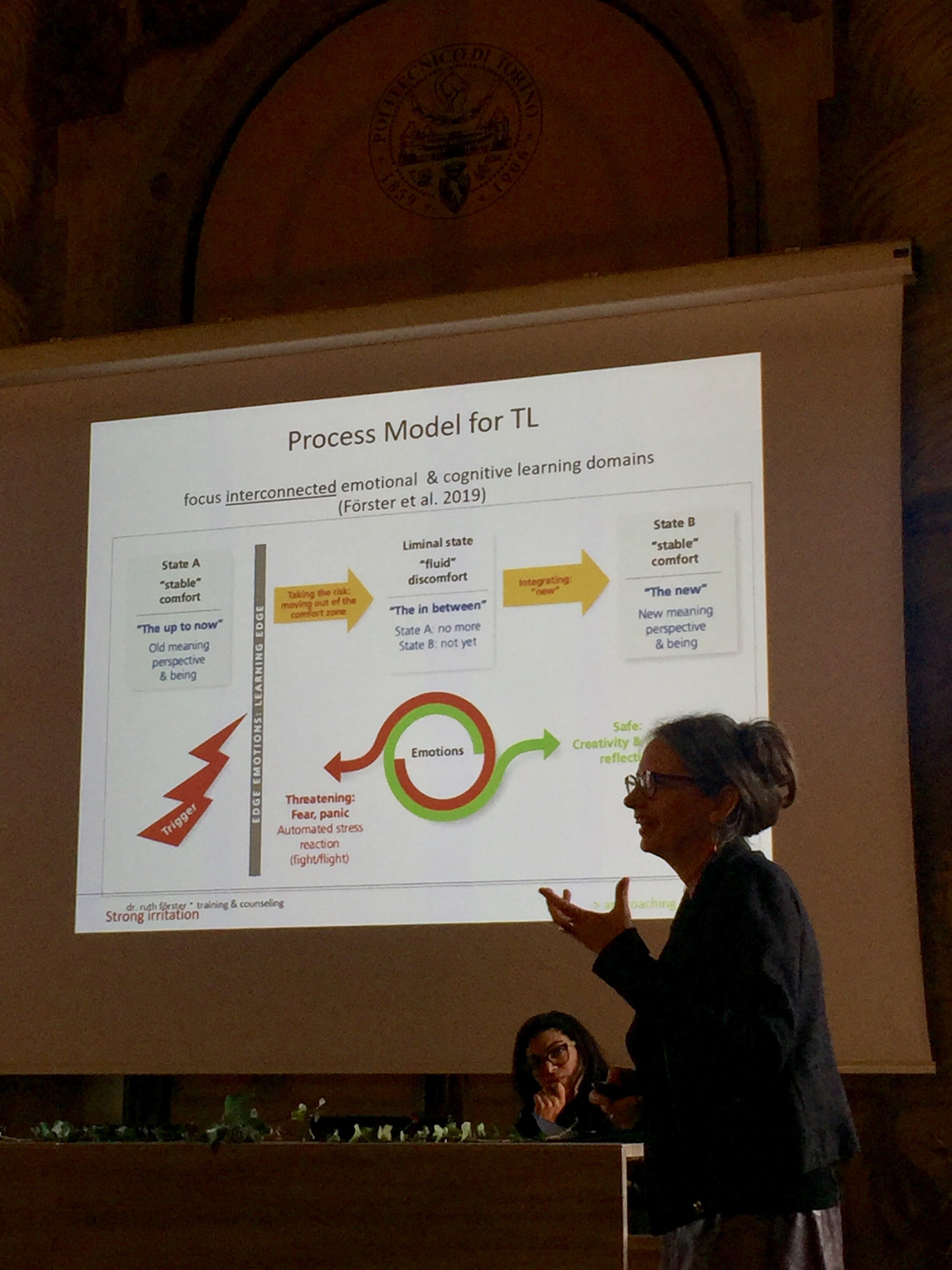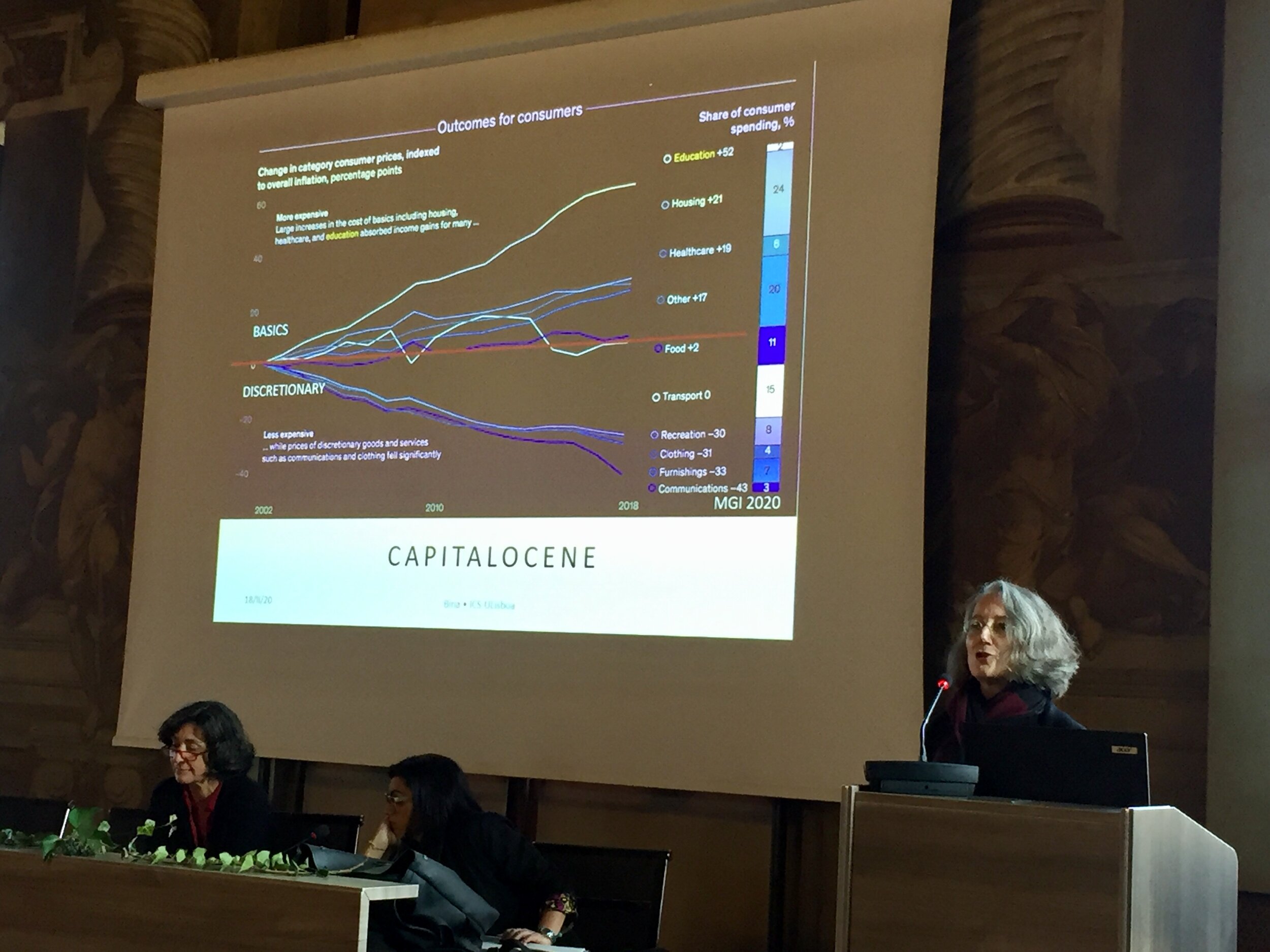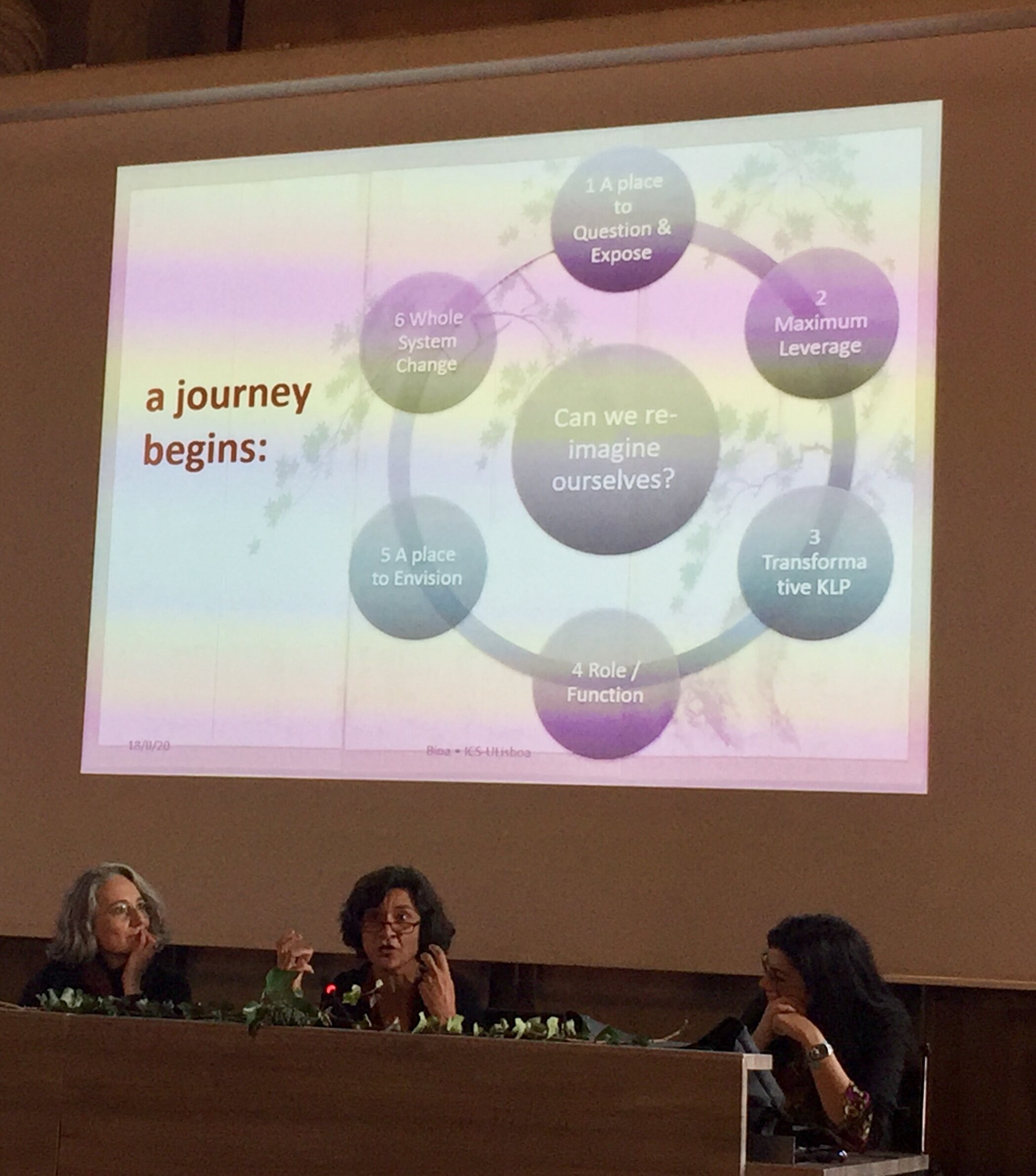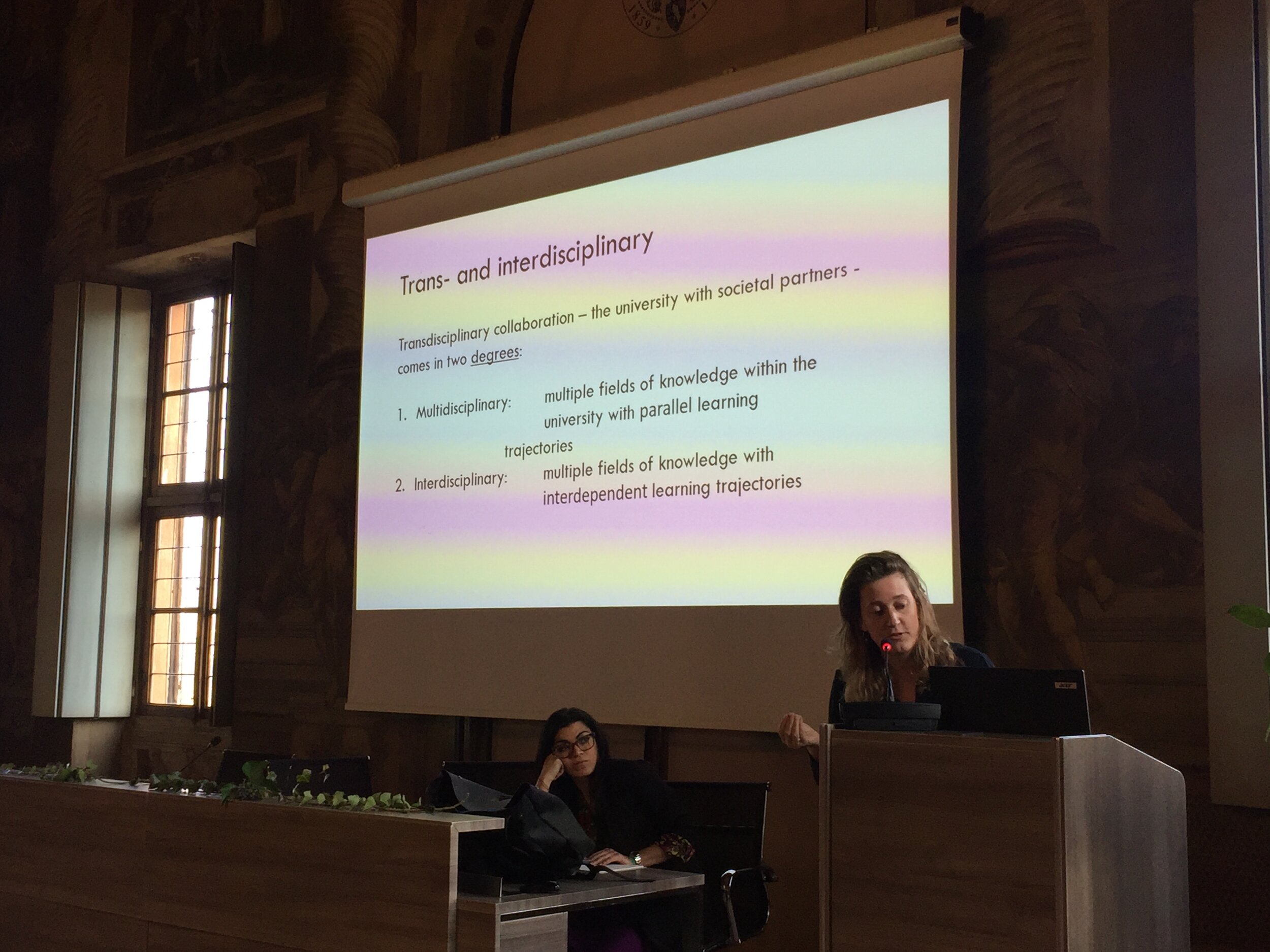Since we are attending u.lab: Leading From the Emerging Future course, we thought it’s a good idea to share and have a recap on the ‘Theory U’ model where our TrUST community might have learnt about! (See here)
Theory U is a change management method introduced by Otto Scharmer. The principles of Theory U are suggested to help political leaders, civil servants, and managers breakthrough past unproductive patterns of behavior that prevent them from empathizing with their clients' perspectives and often lock them into ineffective patterns of decision making.
Theory U pays attention to different fields and levels: Thinking (individual), Conversing (group), Structuring (institutions) and Ecosystem coordination (global systems).
Otto Scharmer expresses it as a process or journey, which is also described as Presencing. At the core of the "U" theory is presencing: sensing + presence. According to The Learning Exchange, Presencing is a journey with five movements:
"We move down one side of the U (connecting us to the world that is outside of our institutional bubble) to the bottom of the U (connecting us to the world that emerges from within) and up the other side of the U (bringing forth the new into the world)."
On that journey, at the bottom of the U, lies an inner gate that requires us to drop everything that isn't essential. This process of letting-go (of our old ego and self) and letting-come (our highest future possibility: our Self) establishes a subtle connection to a deeper source of knowing.
The essence of presencing is that these two selves - our current self and our best future Self - meet at the bottom of the U and begin to listen and resonate with each other.
Once a group crosses this threshold, nothing remains the same. Individual members and the group as a whole begin to operate with a heightened level of energy and sense of future possibility. Often they then begin to function as an intentional vehicle for an emerging future.
Does that sound interesting for your organization to practice it? Find more of the details here. We appreciate the Theory U model a lot and hope it could benefit more individuals and organizations out there!
